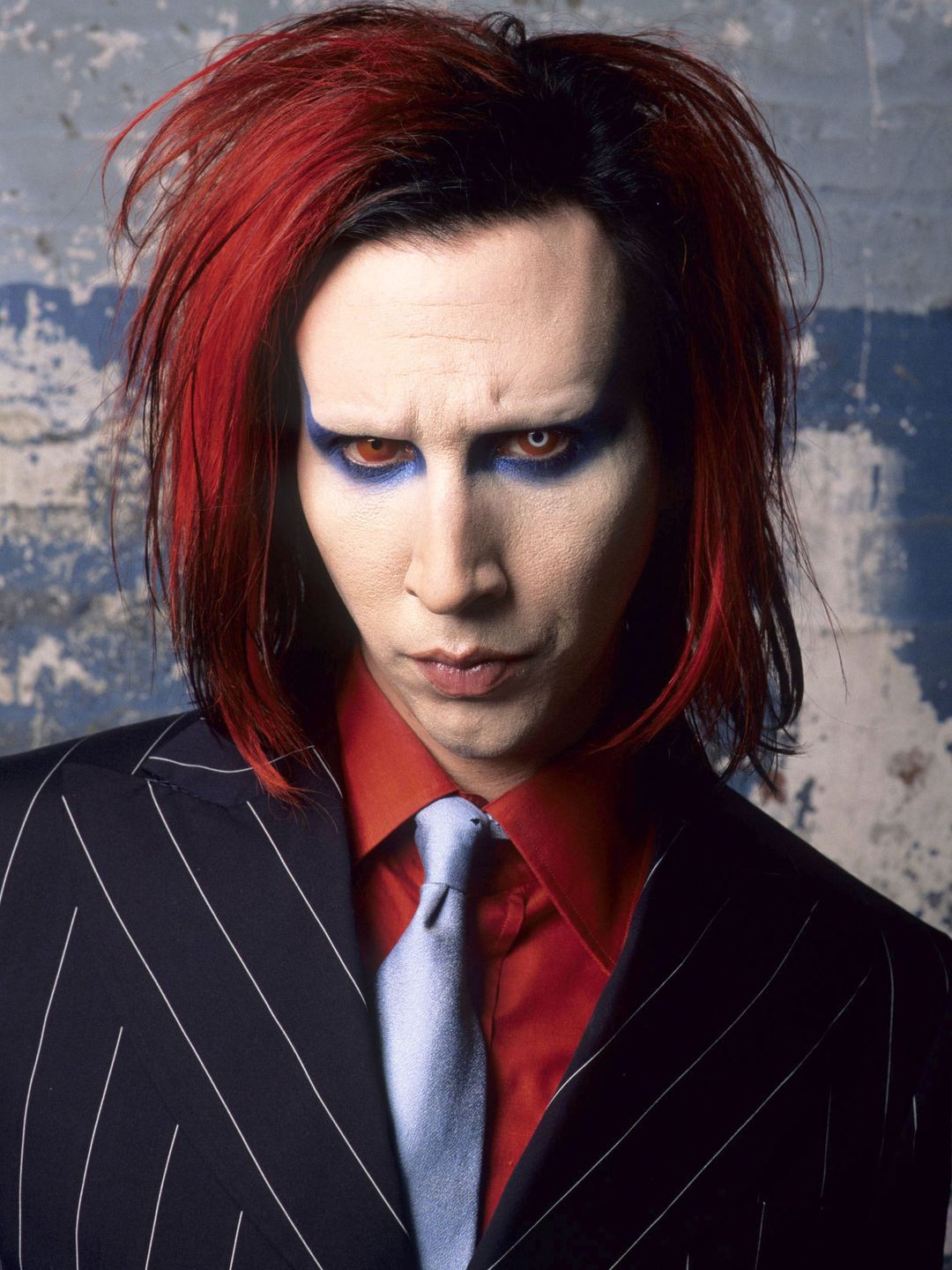Marilyn Manson Biography
Marilyn Manson is the stage name of Brian Hugh Warner, one of the most controversial rock performers of our time, the vocalist of the eponymous band Marilyn Manson, "the scariest musician of all time" according to Billboard magazine, a visual artist, and an actor.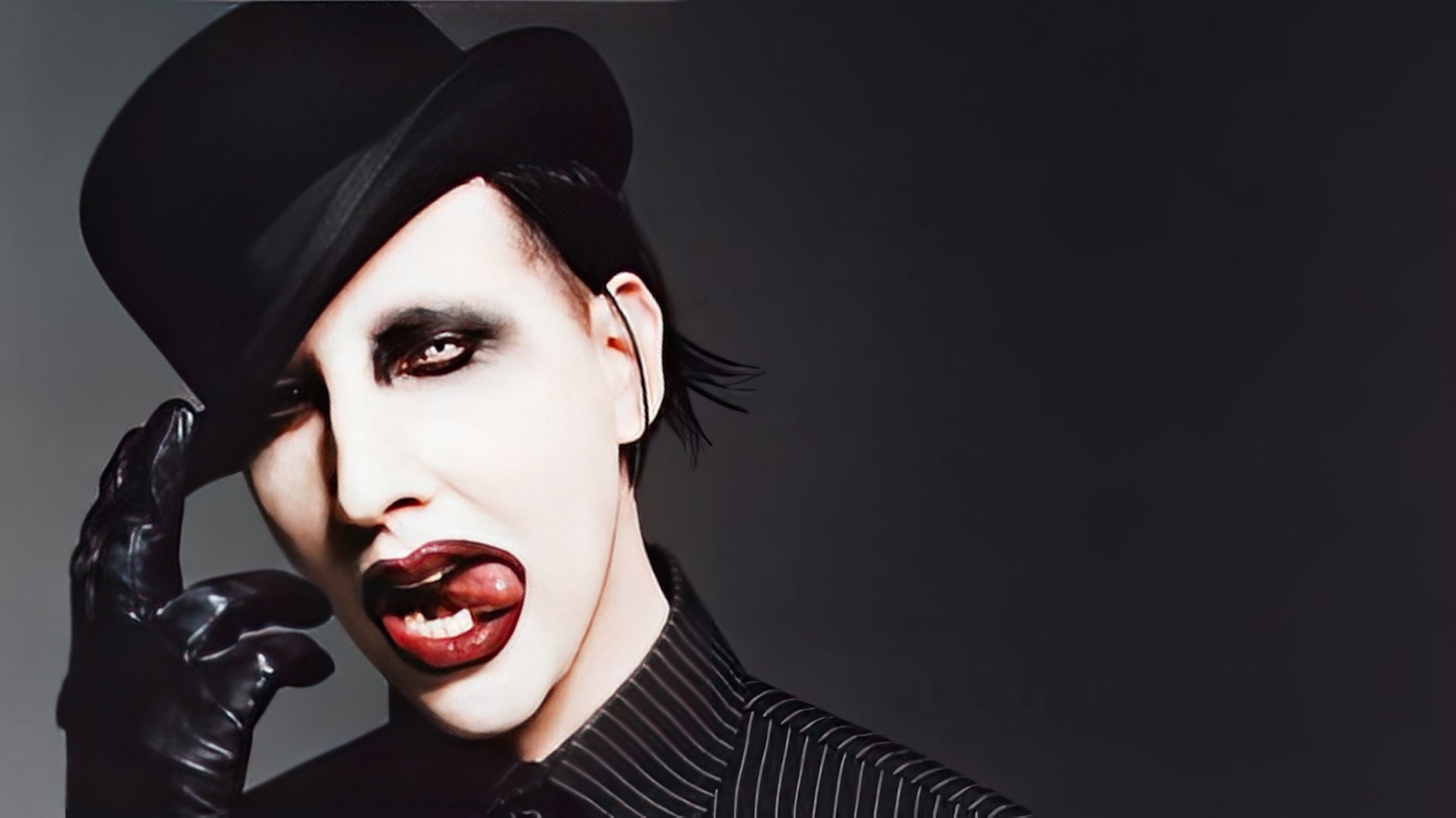
The rocker's popularity—built on a pseudonym that embodies the dichotomy of good and evil, combining sex symbol Marilyn Monroe with infamous criminal Charles Manson—stems from more than just his provocative appearance and outrageous actions. Manson is an artist and musician in the truest sense. His impressive collection of prestigious awards proves this, such as the MTV Video Music Award, BMI Awards, Alternative Press Music Awards, etc., and four nominations for the most prestigious music award, the Grammy.
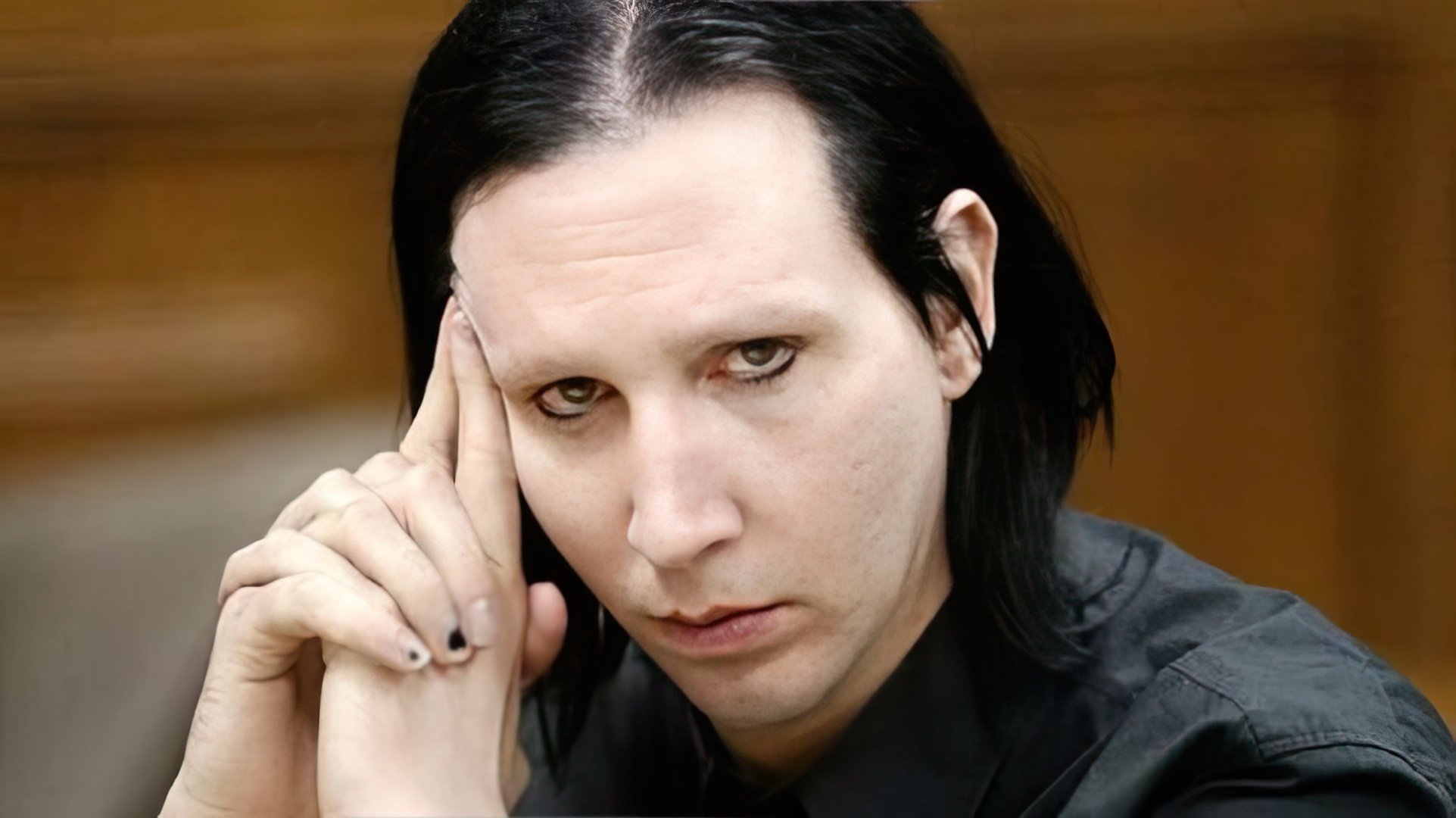
As an artist who uses his platform to critique vulgarity and hypocrisy in capitalist society, many critics consider him the last true American rocker still carrying the protest flag of the 1960s.
Childhood
The future shock-rock icon was born on January 5, 1969, in Canton, Ohio, about a hundred kilometers from Cleveland. The boy's mother, Barbara J. Warner, was a nurse, and his father, Hugh Angus Warner, was a furniture dealer. His parents had English, German, and Sioux Native American heritage (on his mother's side) and were religious, though they followed different branches of Christianity—Catholicism and Protestantism. From an early age, his mother took him to the Episcopal church, trying to instill a love for God. At the age of five, he was sent to a Christian school.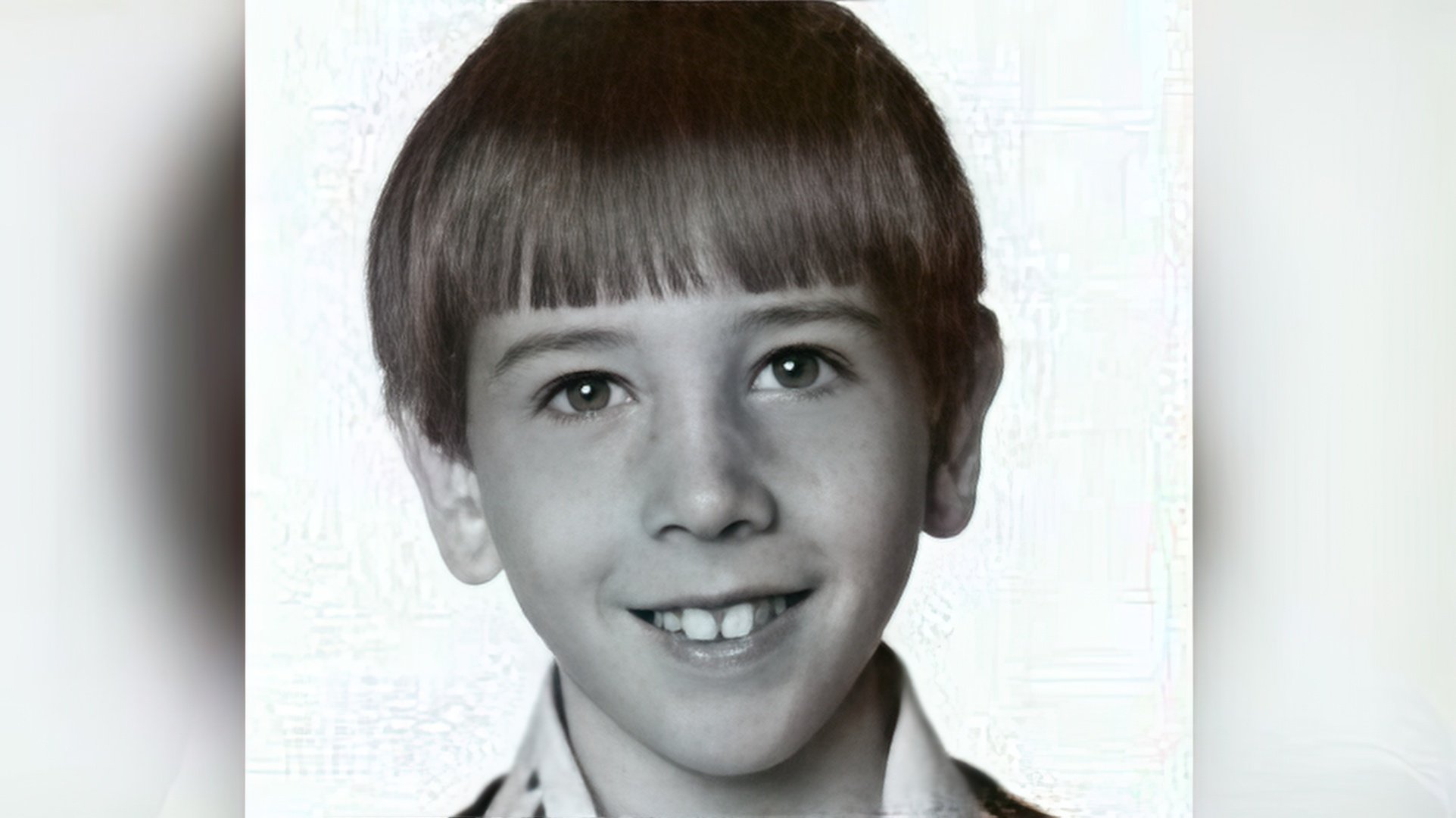
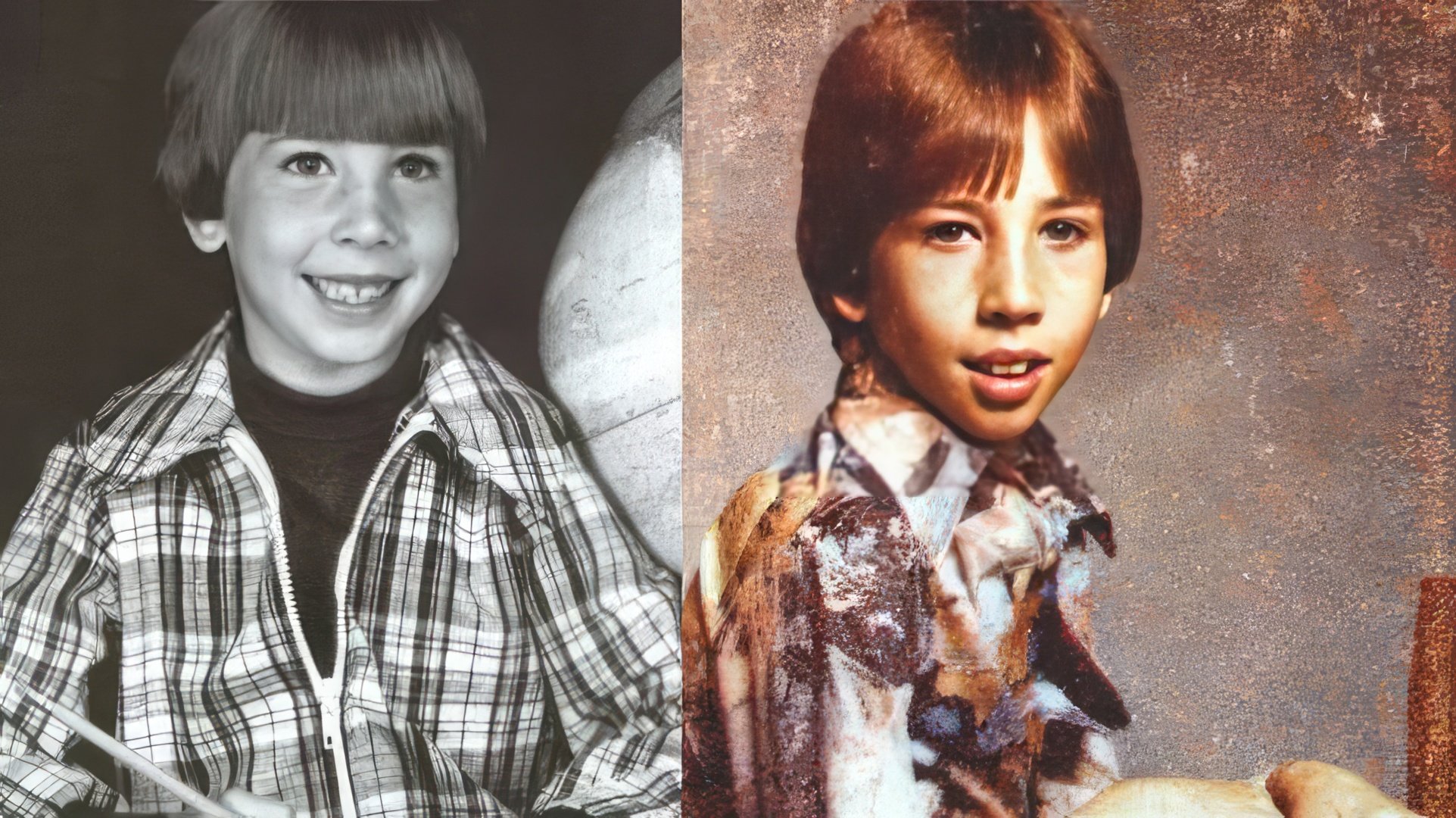
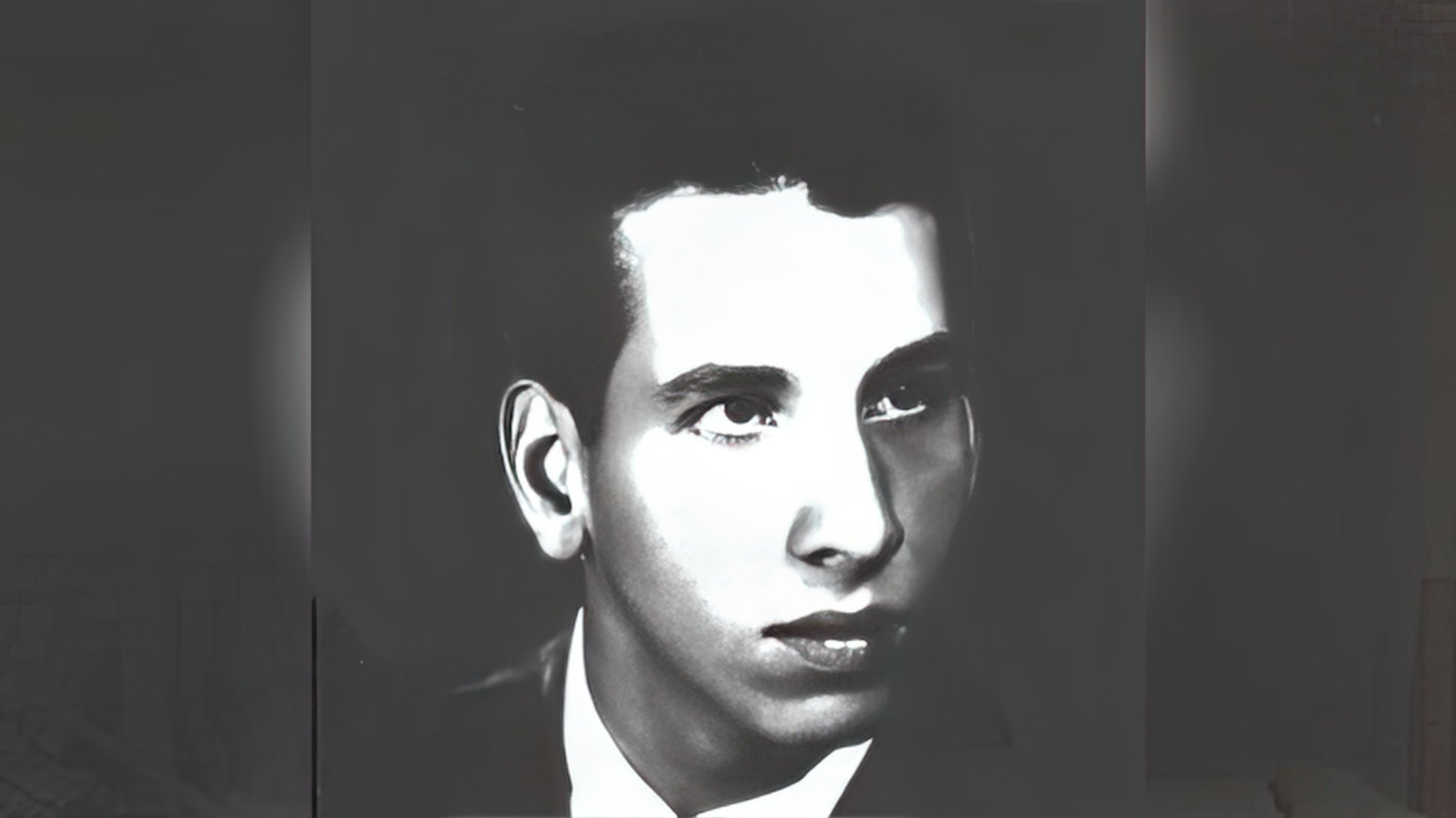
After tenth grade, the Warner family moved to Fort Lauderdale, Florida. There, he attended GlenOak School and graduated in 1987. He studied journalism at Broward College while continuing to write poetry and working as a music critic and interviewer for "Fort Lauderdale" and "25th Parallel" publications. He notably interviewed Groovie Mann from industrial rock band Thrill Kill Kult, who presented themes of sex and religion with dark humor.
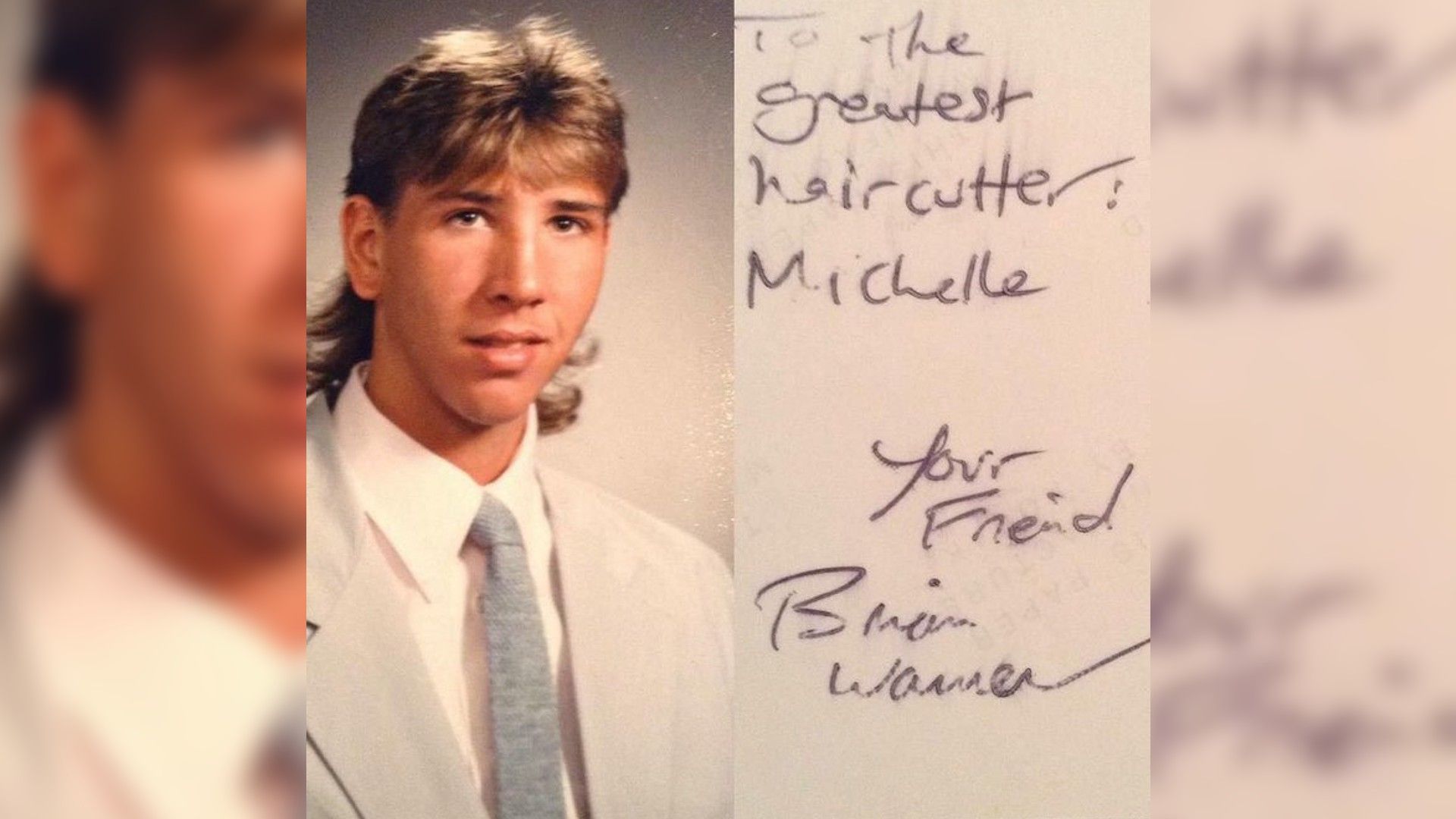
Early Career
In late 1989, Brian first met guitarist Scott Putesky and shared his lyrics with him. Together they formed the rock band Marilyn Manson & the Spooky Kids, focusing on gothic music dominated by intellectual lyrics and dark themes. The friends later shortened the name to simply Marilyn Manson.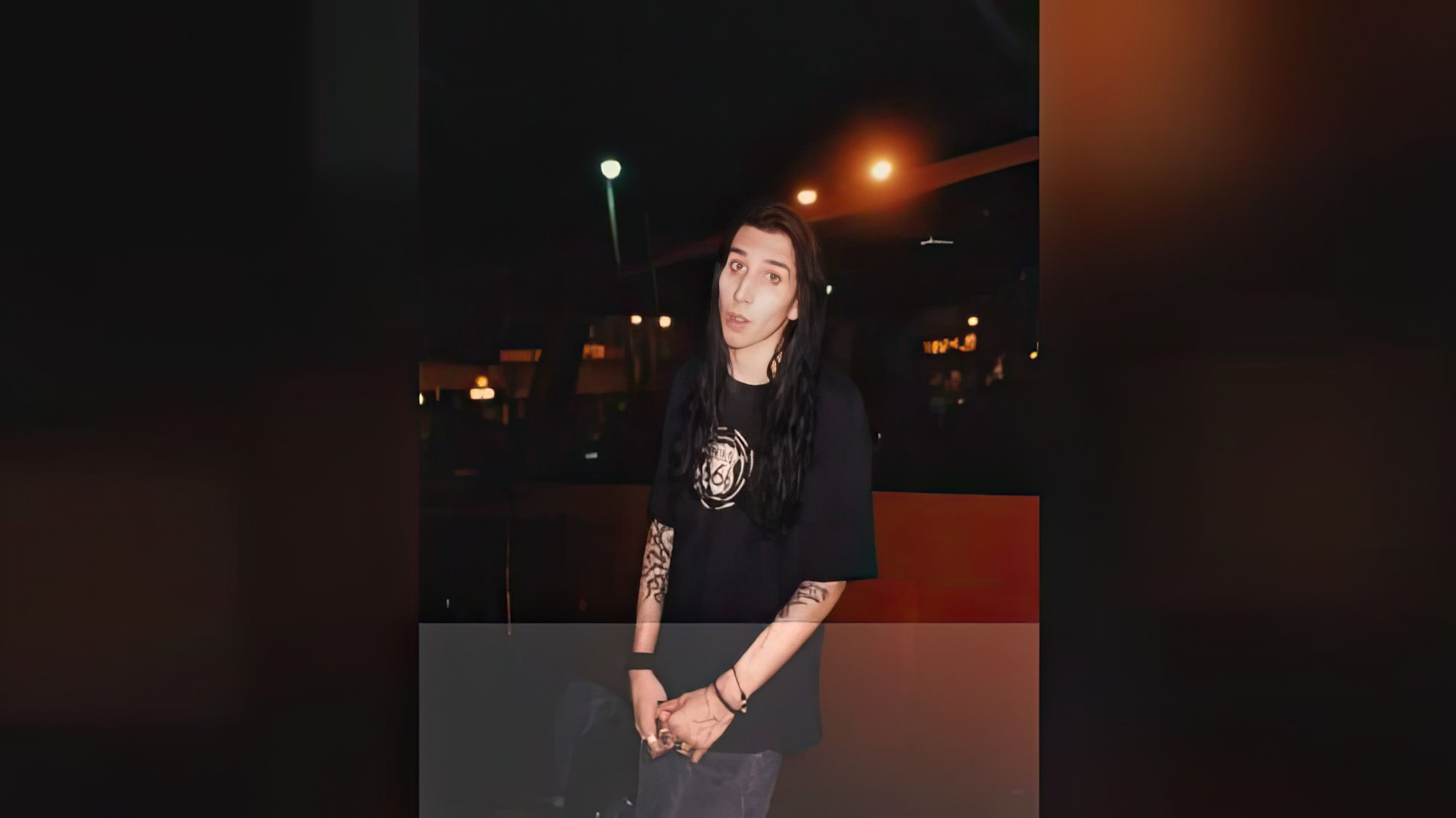
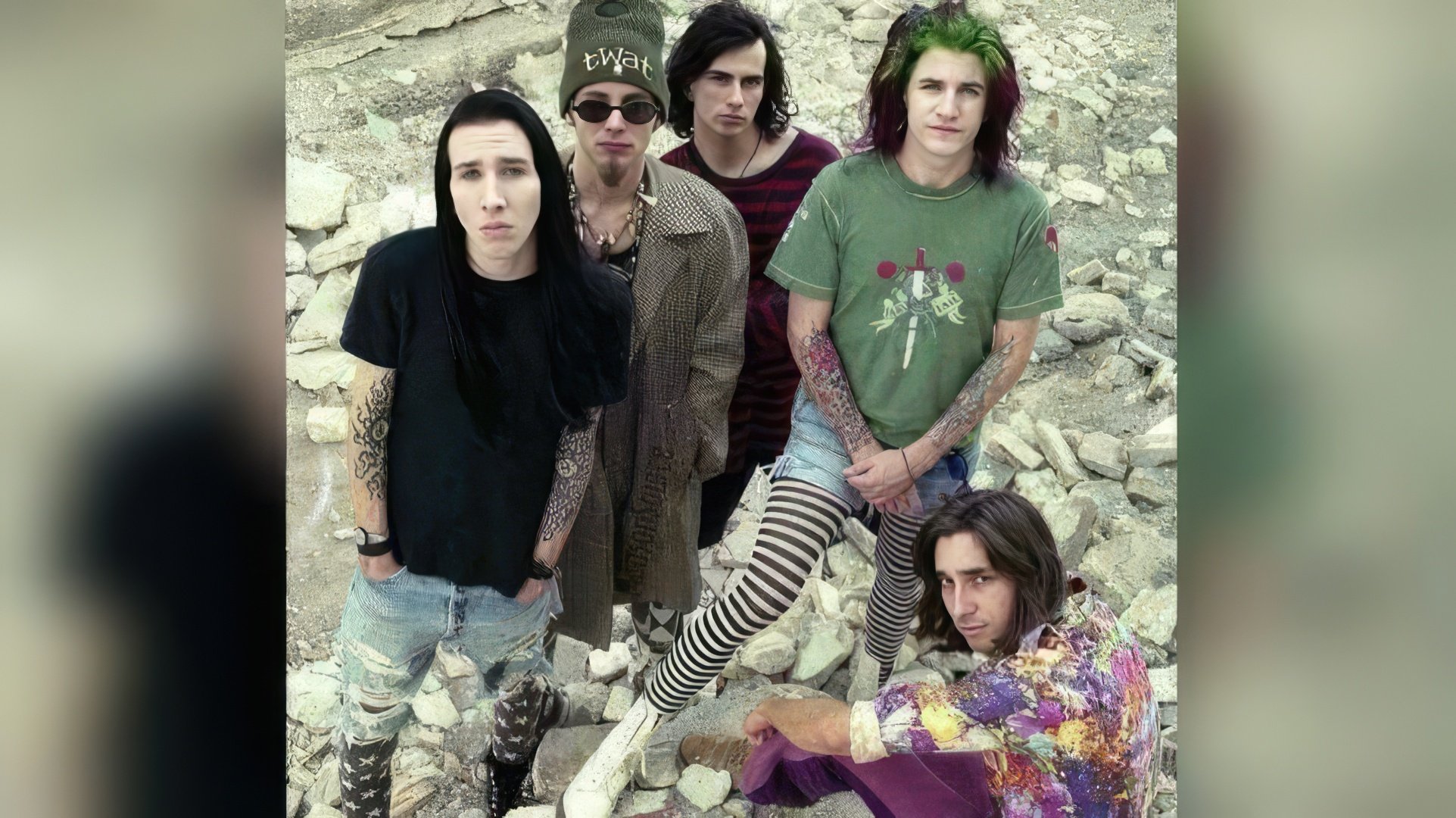
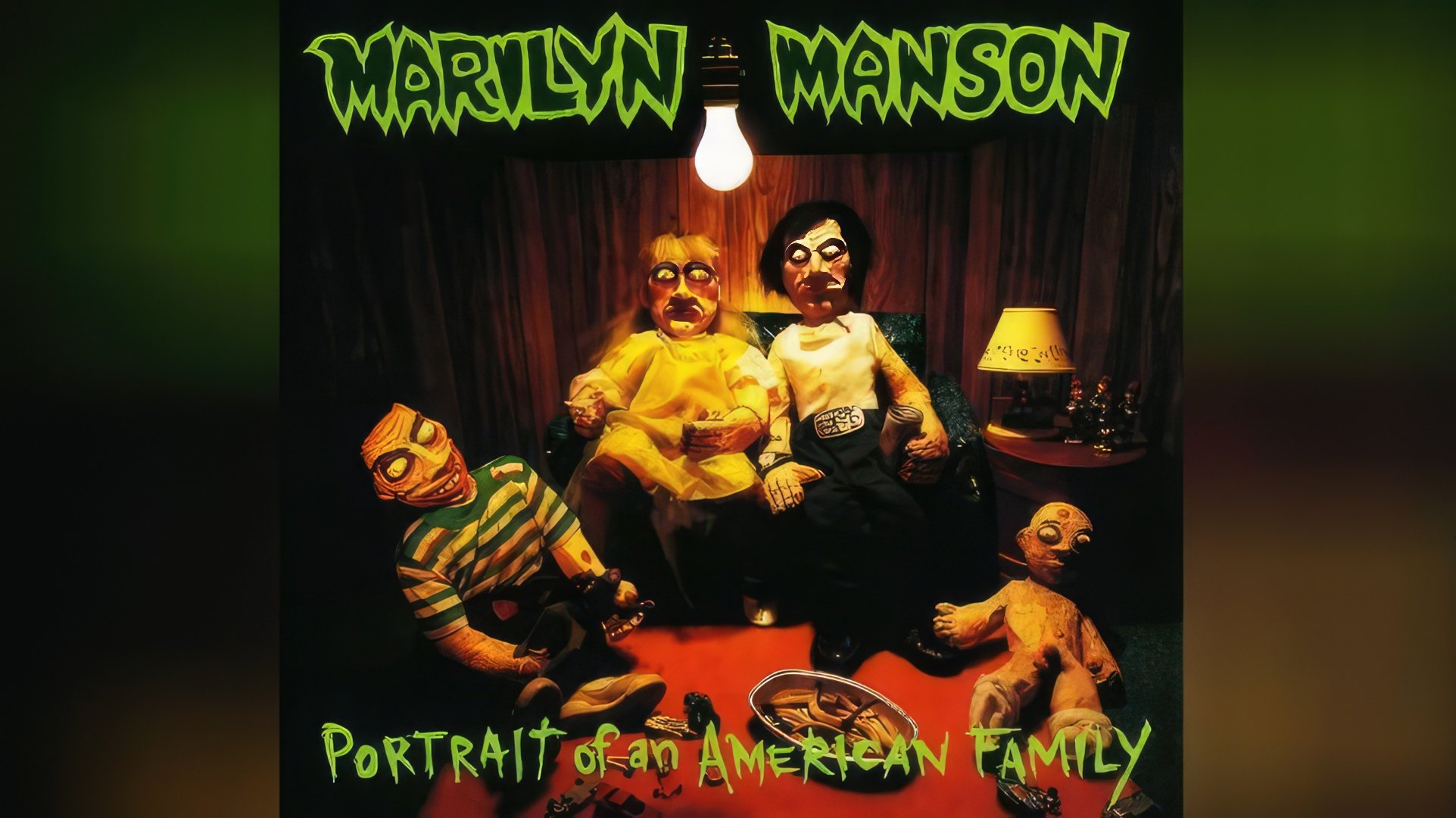
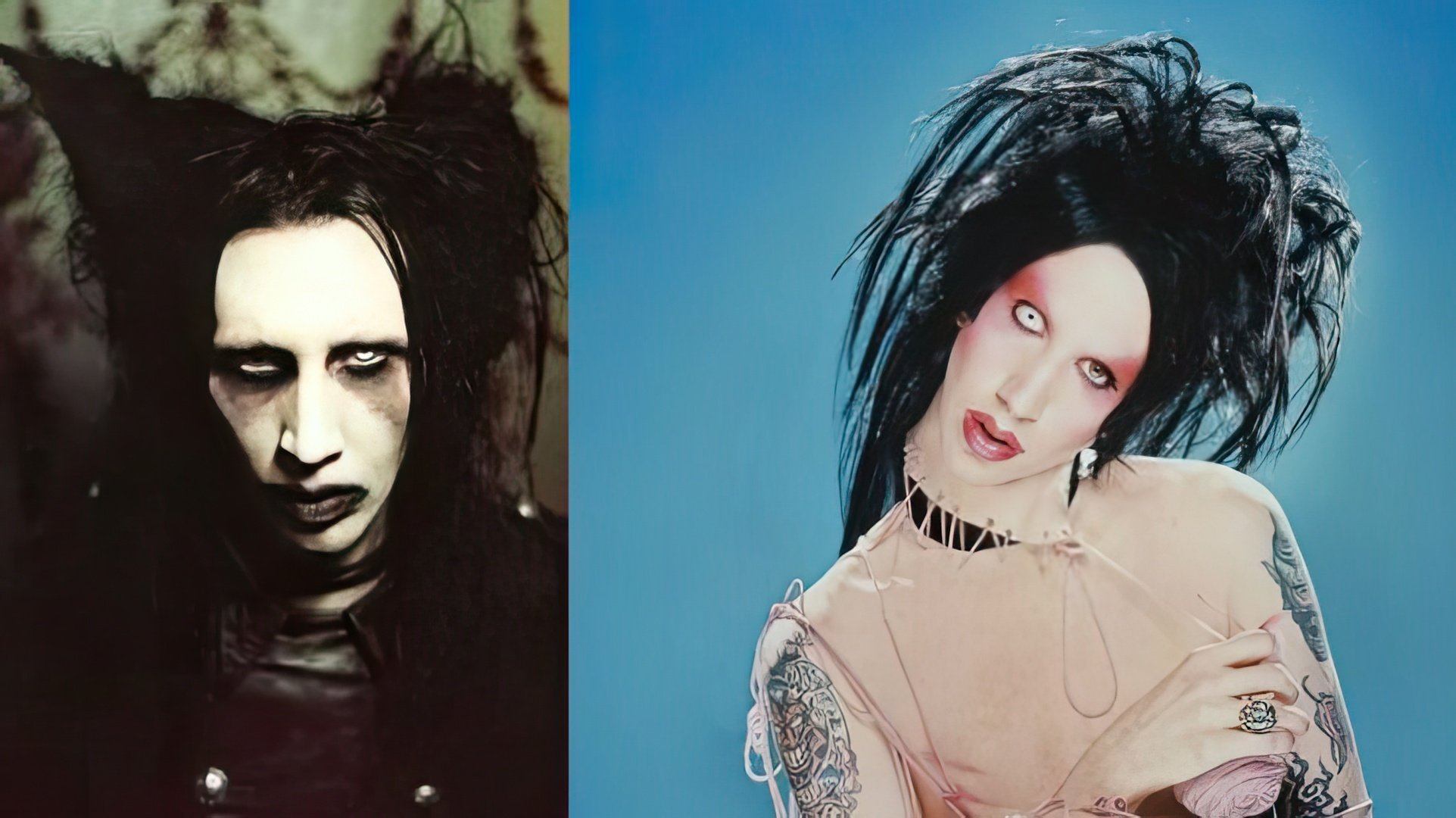
Career peak
In 1997, Rolling Stone magazine featured the distinctive musician on its cover and named him the best new artist of the year. At the same time, it was revealed that the album was conceived as part of a triptych, united by the common idea of the rise of the Antichrist.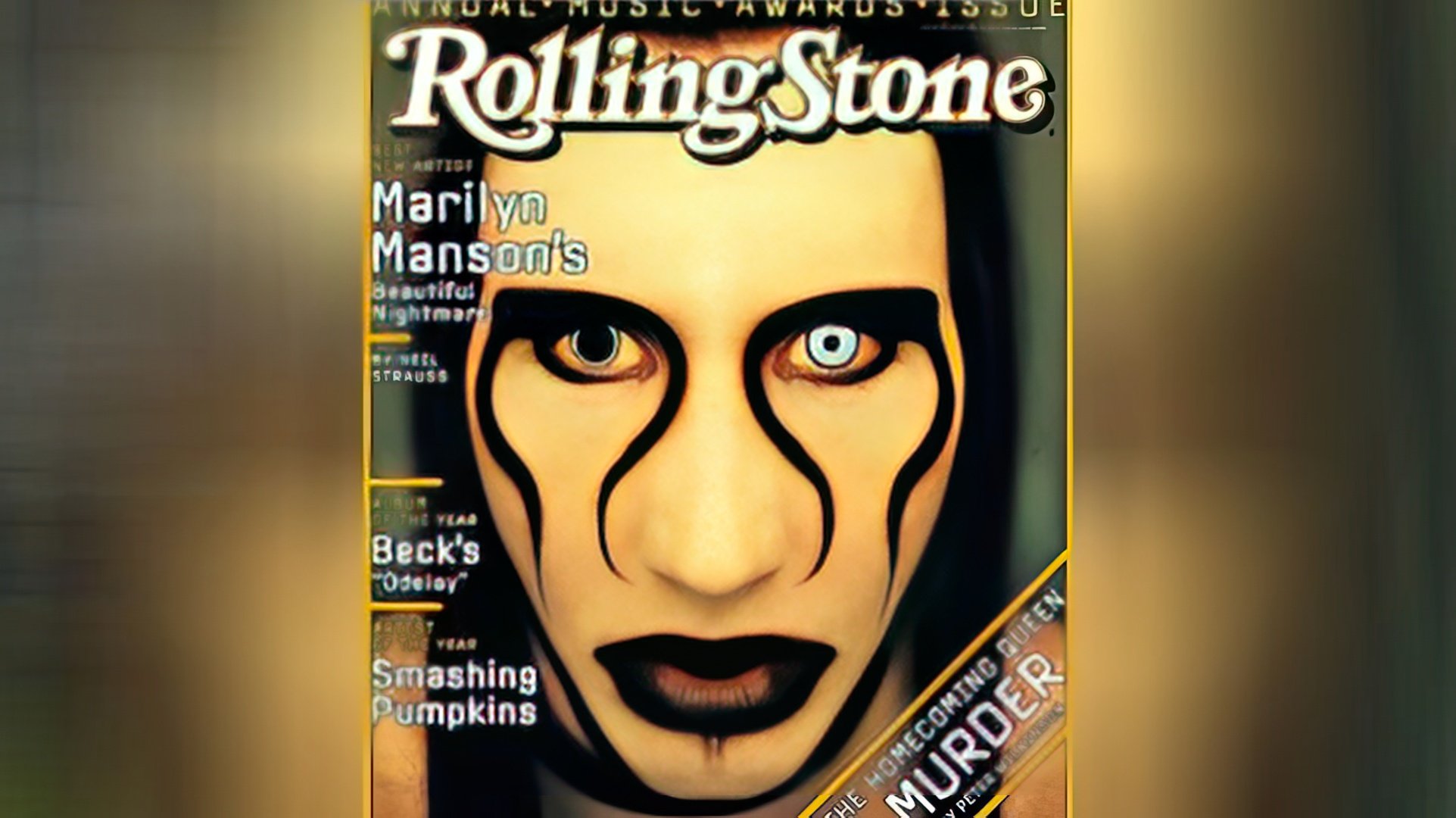
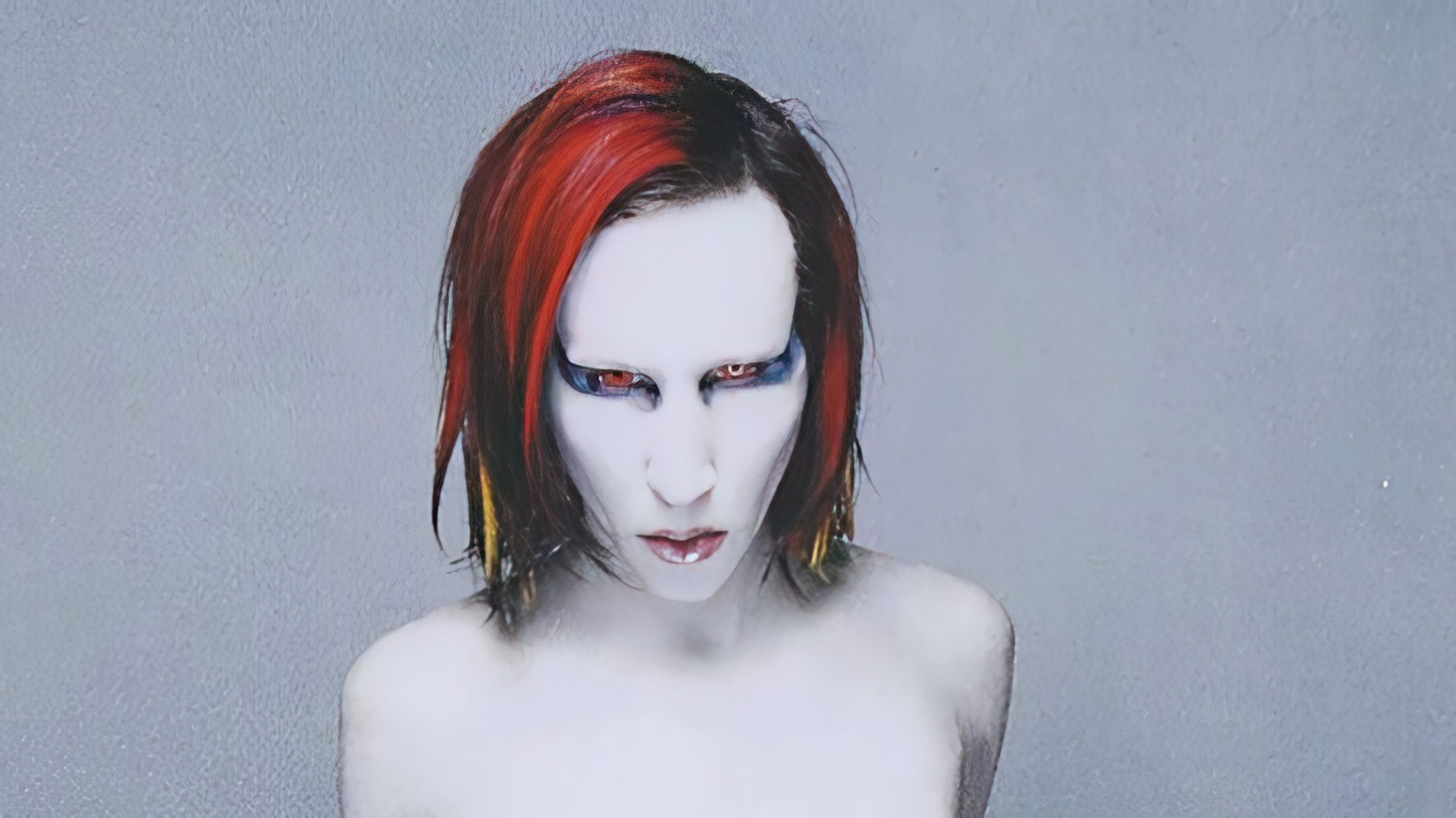
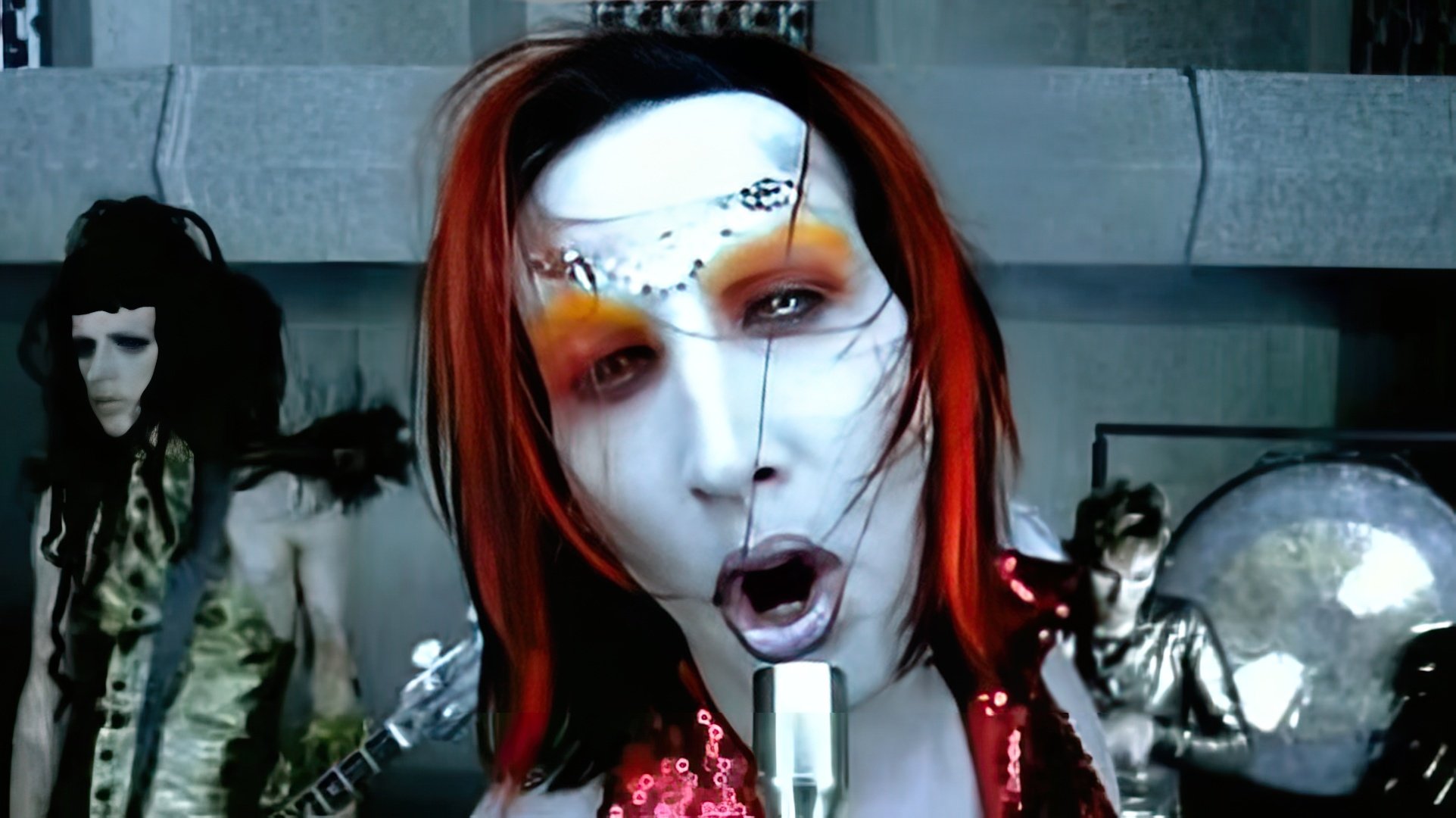
In 2000, the fourth album "Holy Wood (In the Shadow of the Valley of Death)" (part 1 of the triptych) was released. The record marked his return to industrial metal. It earned "gold" certification in Japan, Switzerland, Canada, and the UK. Critics hailed it as the band's finest work. Most of the album was written as a response to the Columbine massacre. His raw response crystallized in "The Nobodies," where he repeatedly declared: "Something is wrong with this world."– If those kids from Columbine High School were here right now, what would you say to them? – I wouldn't say anything to them. I would simply listen to them, which is what no one did.
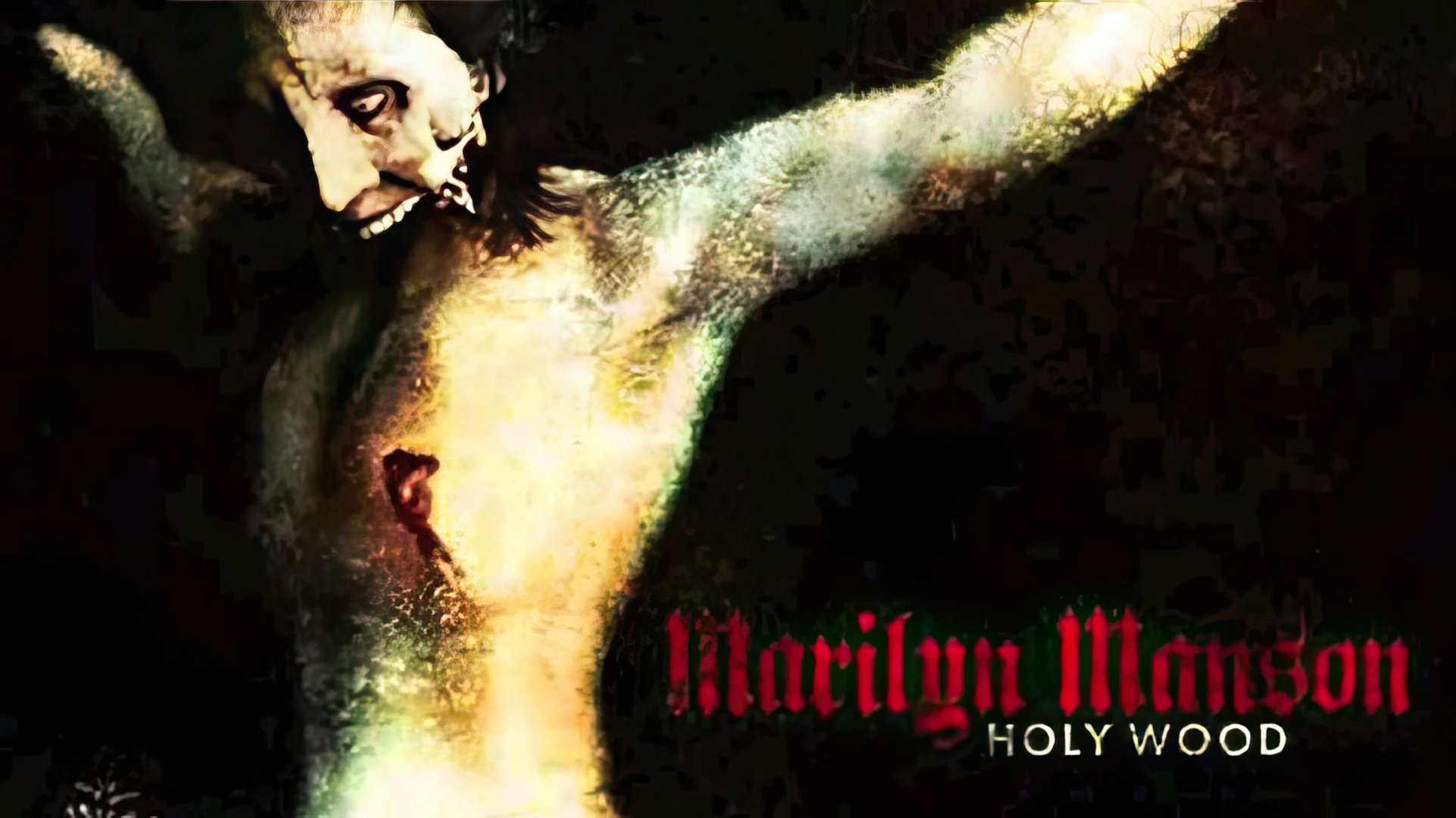
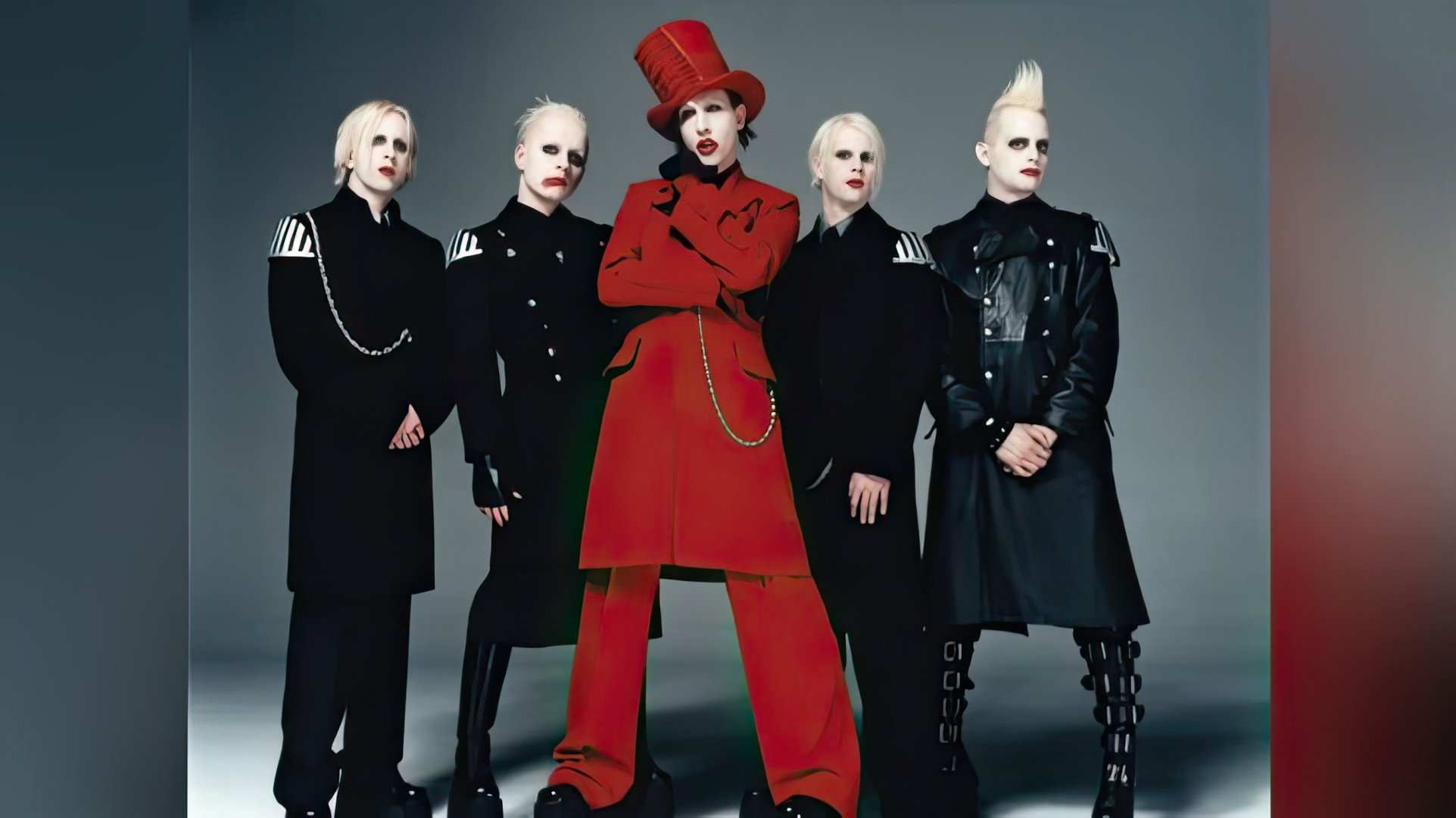
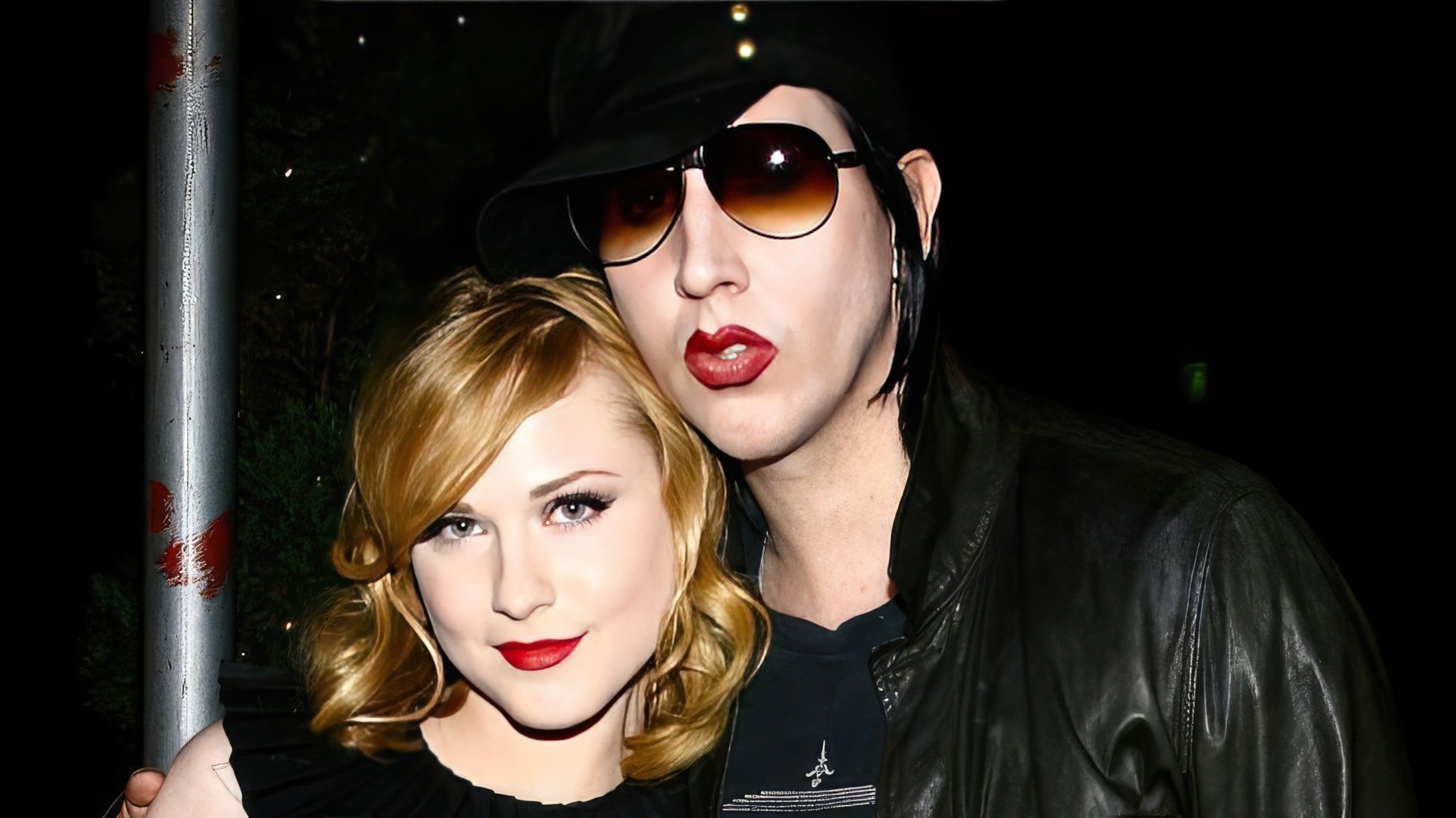
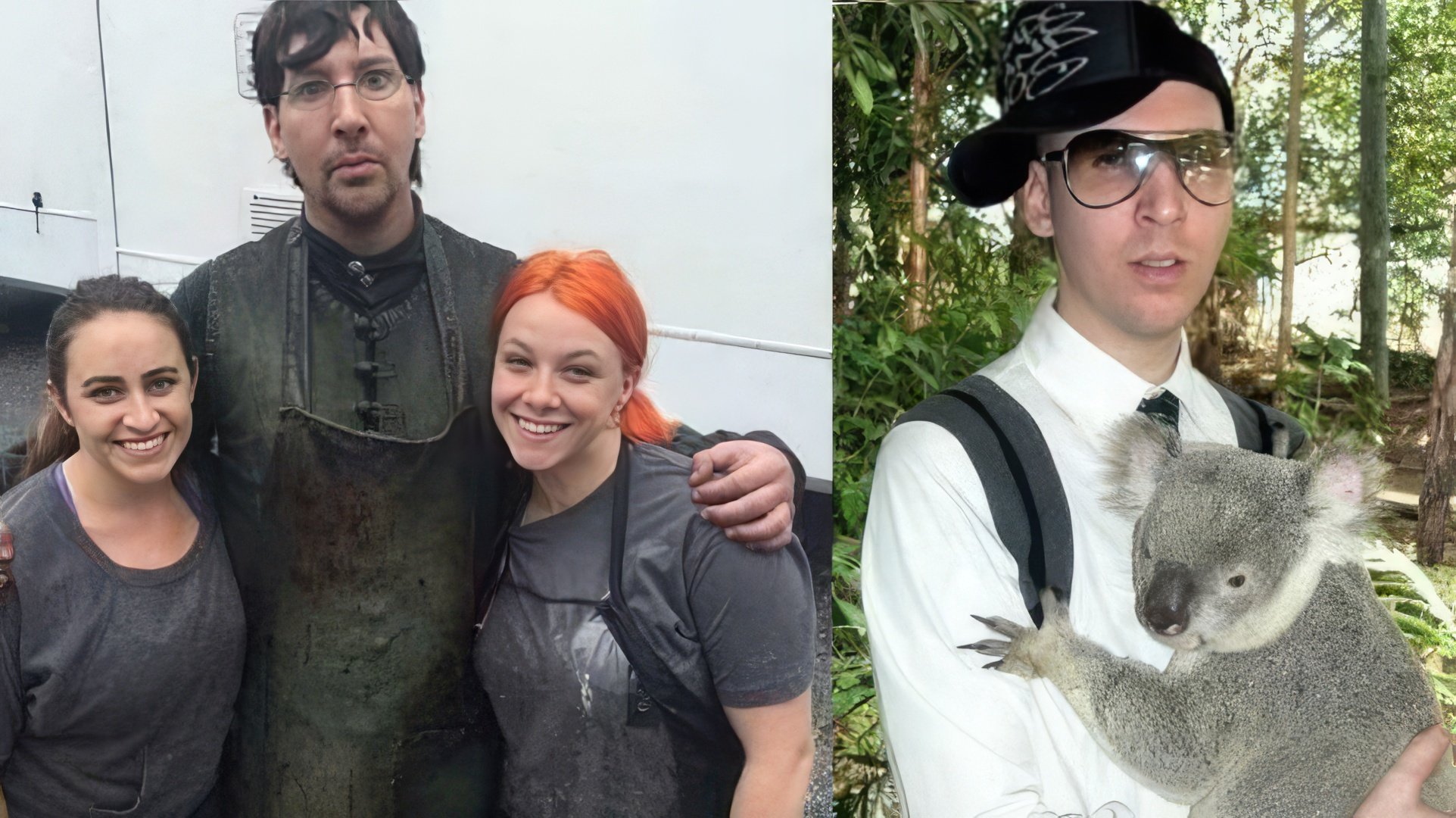
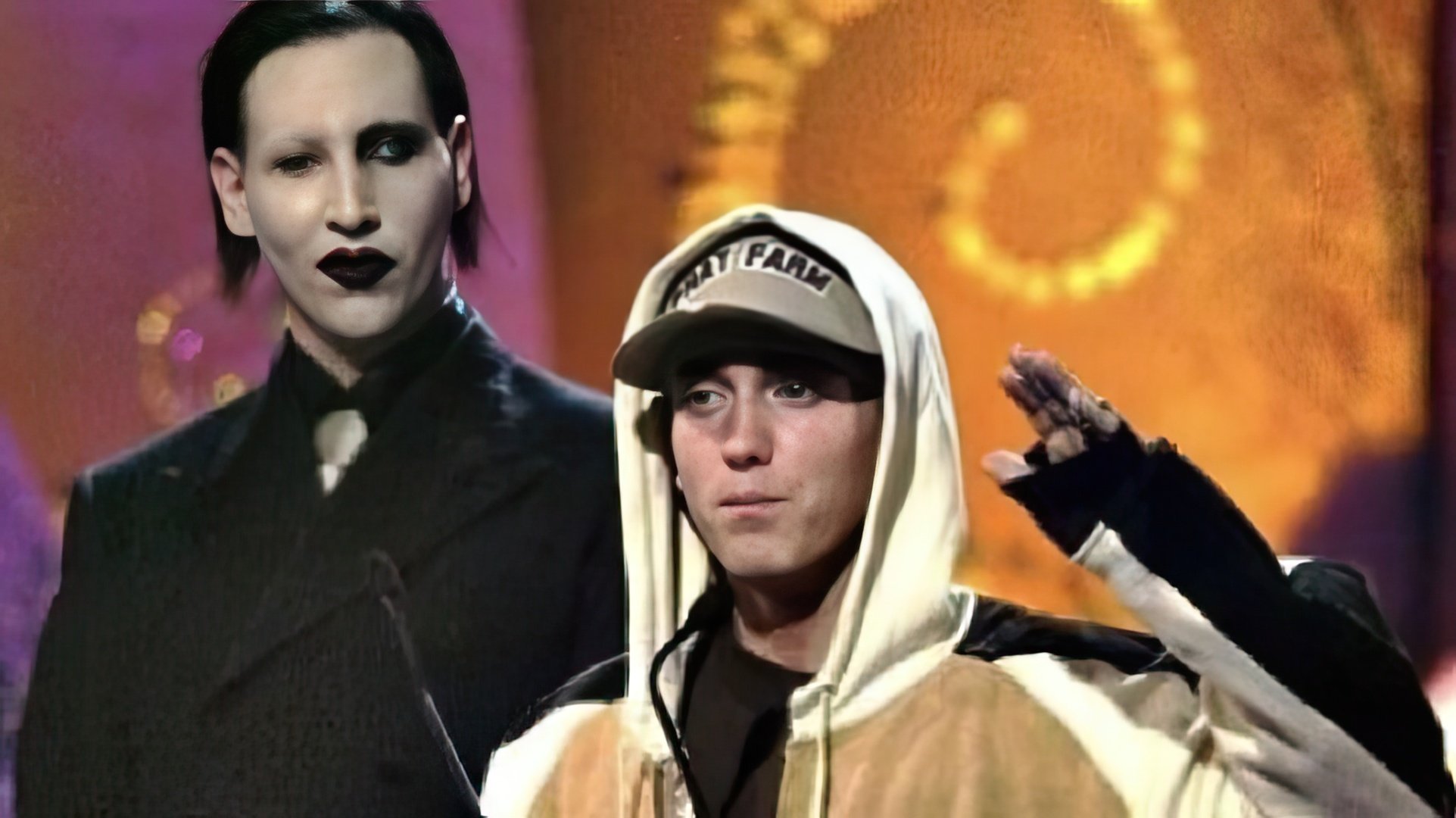
Later works
In 2015, the band released their ninth album "The Pale Emperor" (a title that fans would later use as a nickname for their idol). This persona was inspired by a book about Elagabalus, a cruel Roman ruler, that Johnny Depp gave to Manson on their 16th friendship anniversary. The frontman dedicated the album to the memory of his mother, who passed away in 2014. The album reached the eighth position on the Billboard 200. Critics hailed it as the band's best album in a decade. On this record, Manson refined his gothic sound with sophisticated blues elements.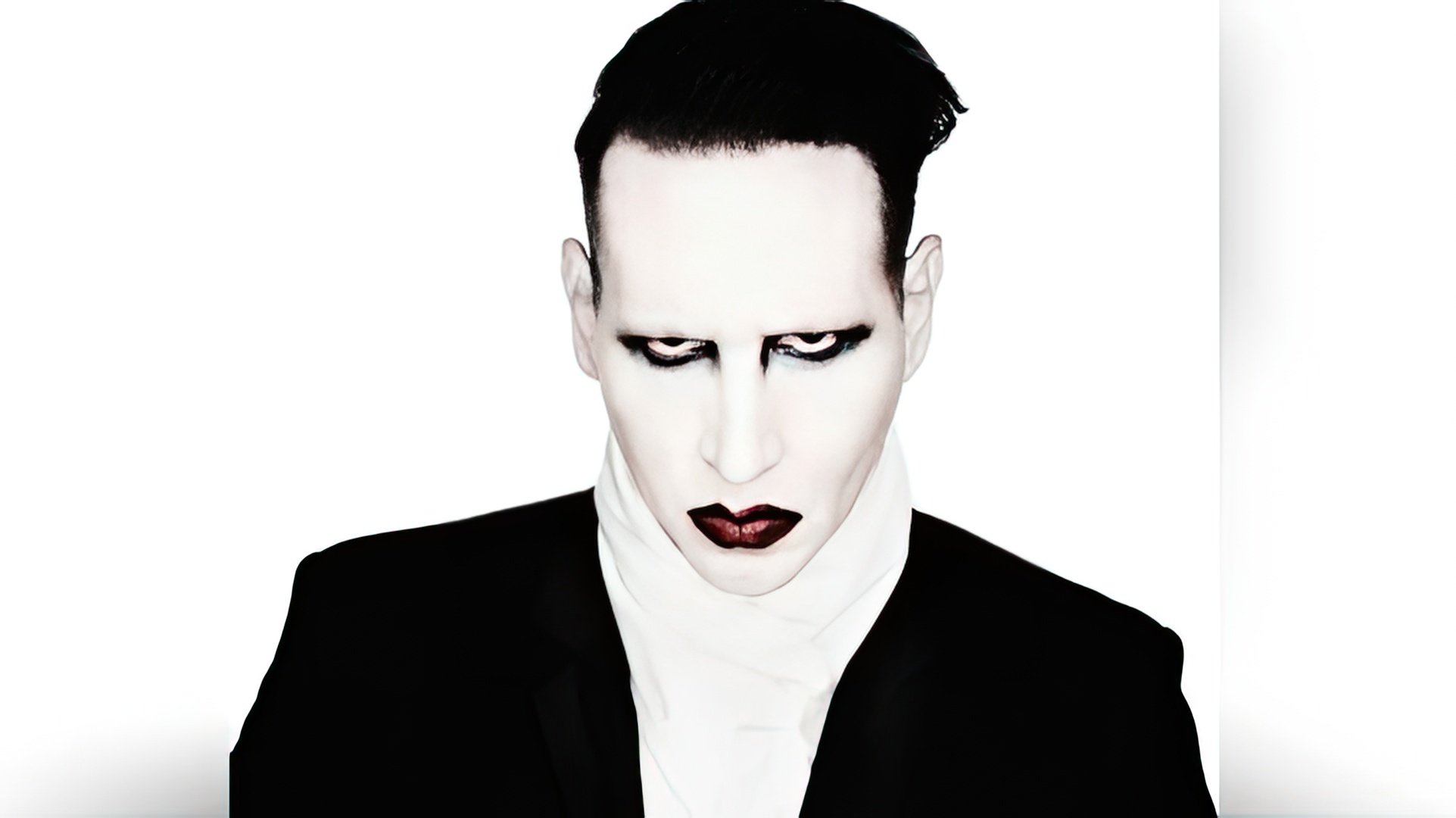
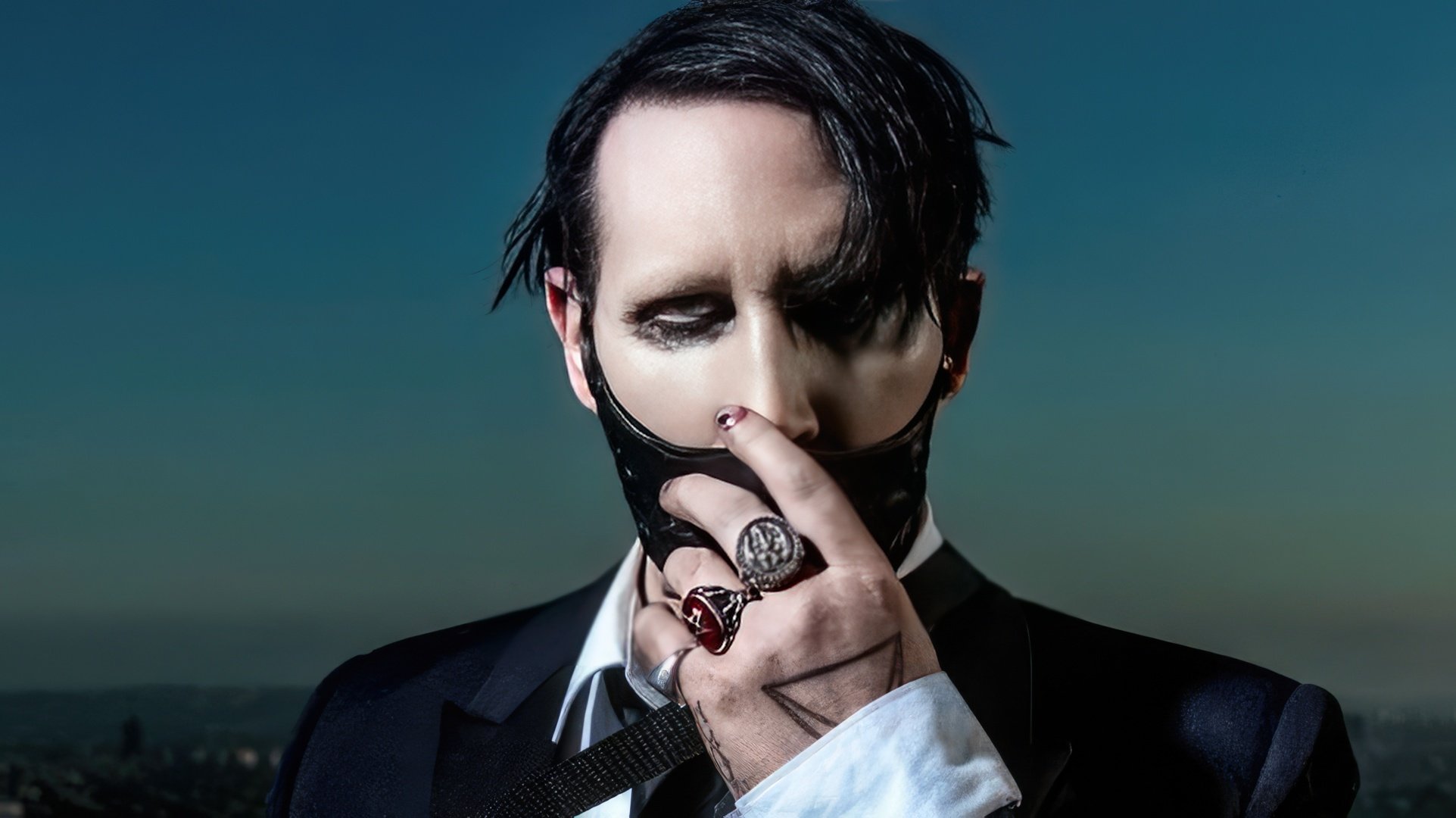
Film Roles
Manson caught the attention of film directors and producers, landing a series of minor but memorable roles. The shock rocker made his screen debut in 1997's psychological thriller "Lost Highway" by David Lynch, appearing alongside his band's bassist Twiggy Ramirez as an adult film actor.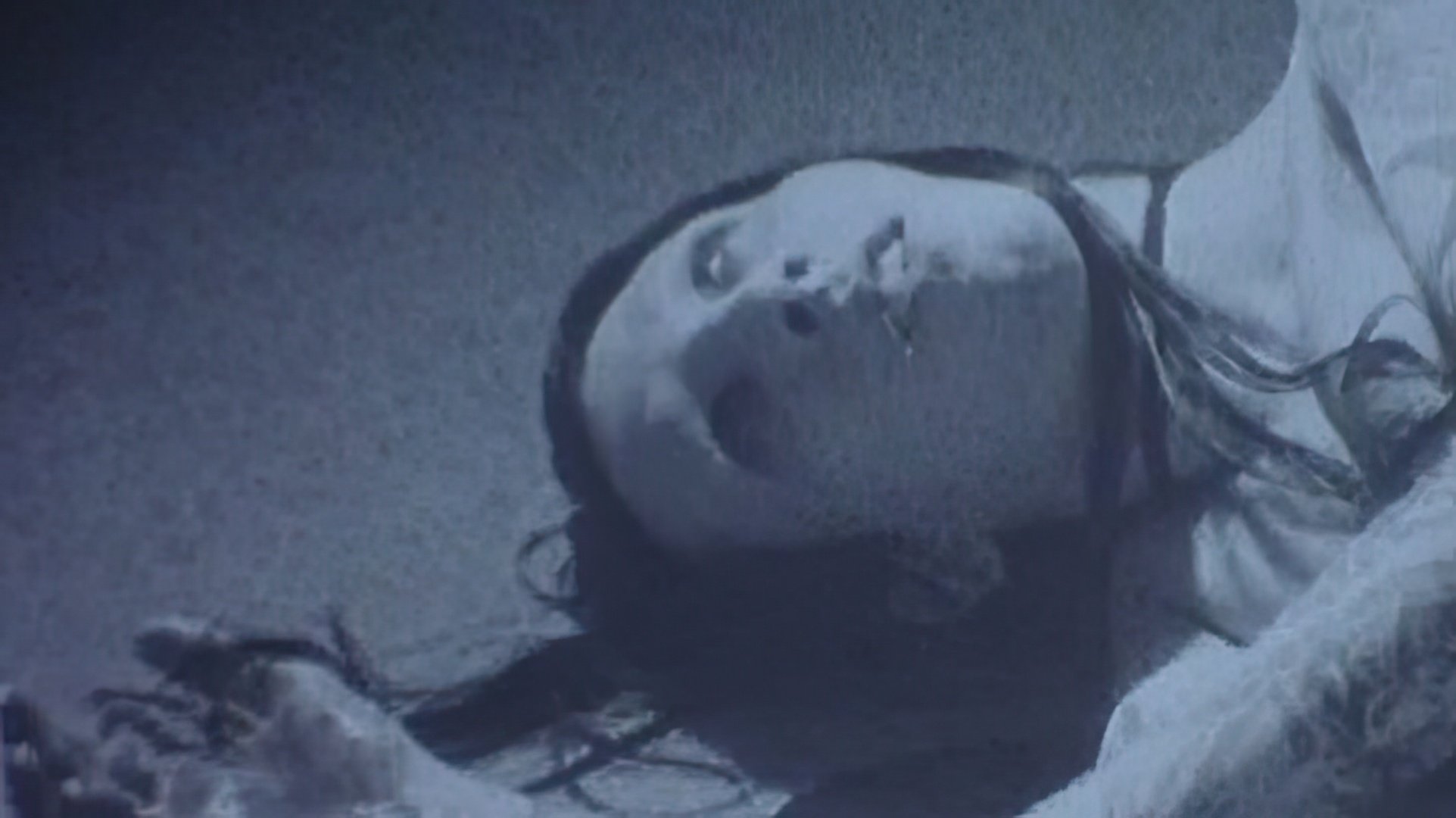
In 2003, "Party Monster" was released, starring Macaulay Culkin in the lead role. The musician took on the role of drag queen superstar Christina. A year later, he had a small role as Jackson in the drama "The Heart Is Deceitful Above All Things" by Asia Argento, and in 2007 played a bartender in the horror film "Rise: Blood Hunter."
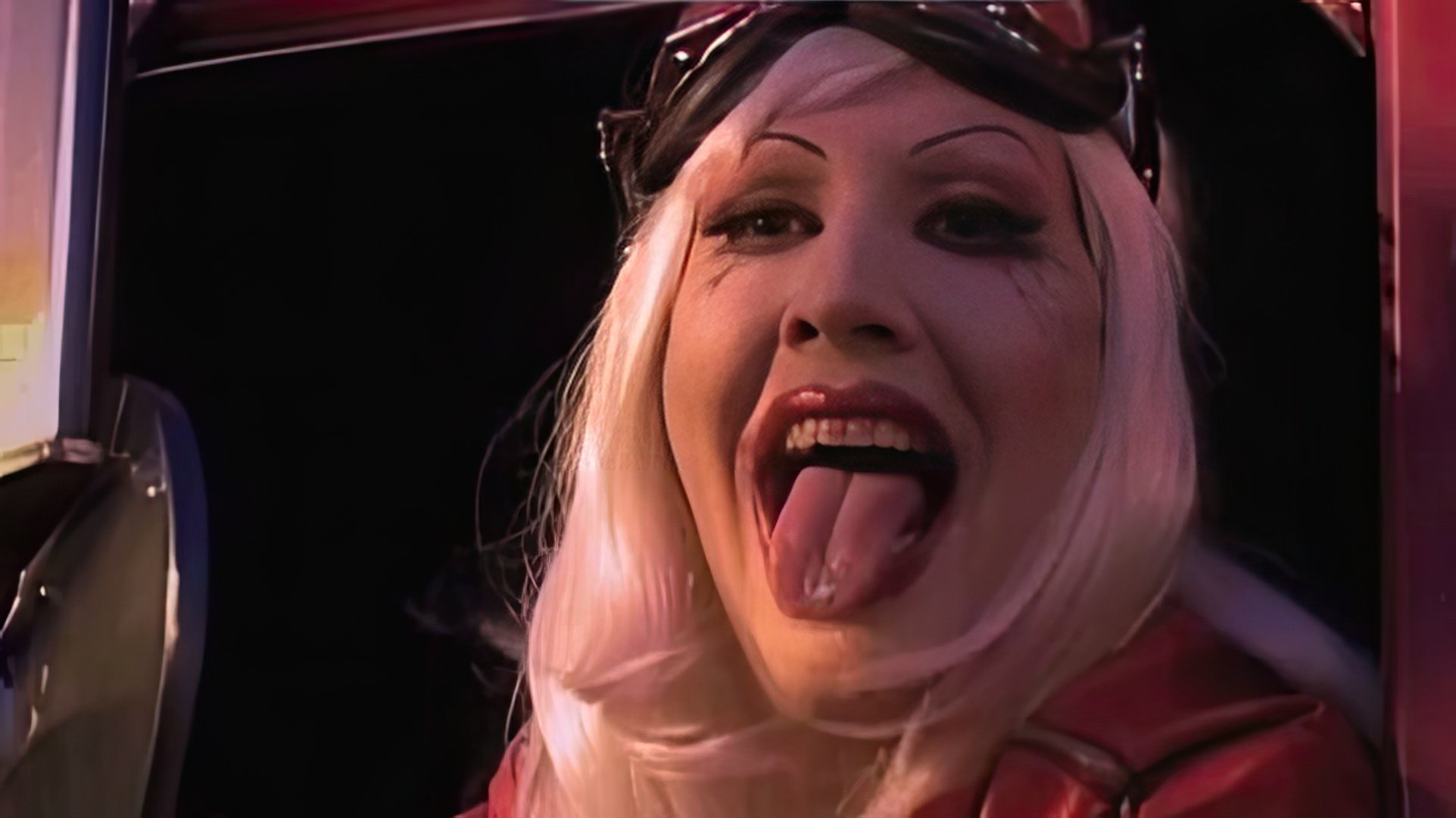
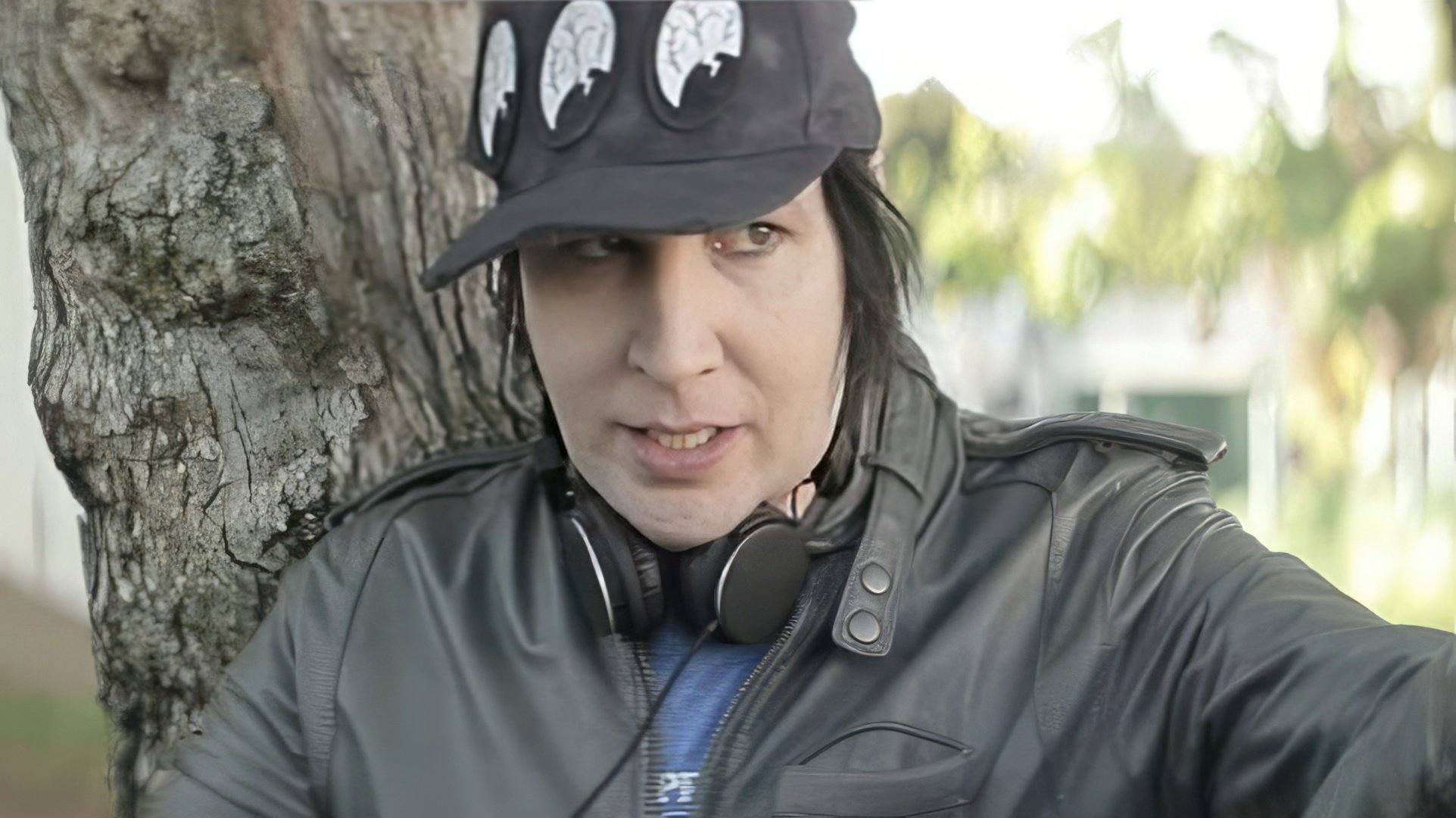
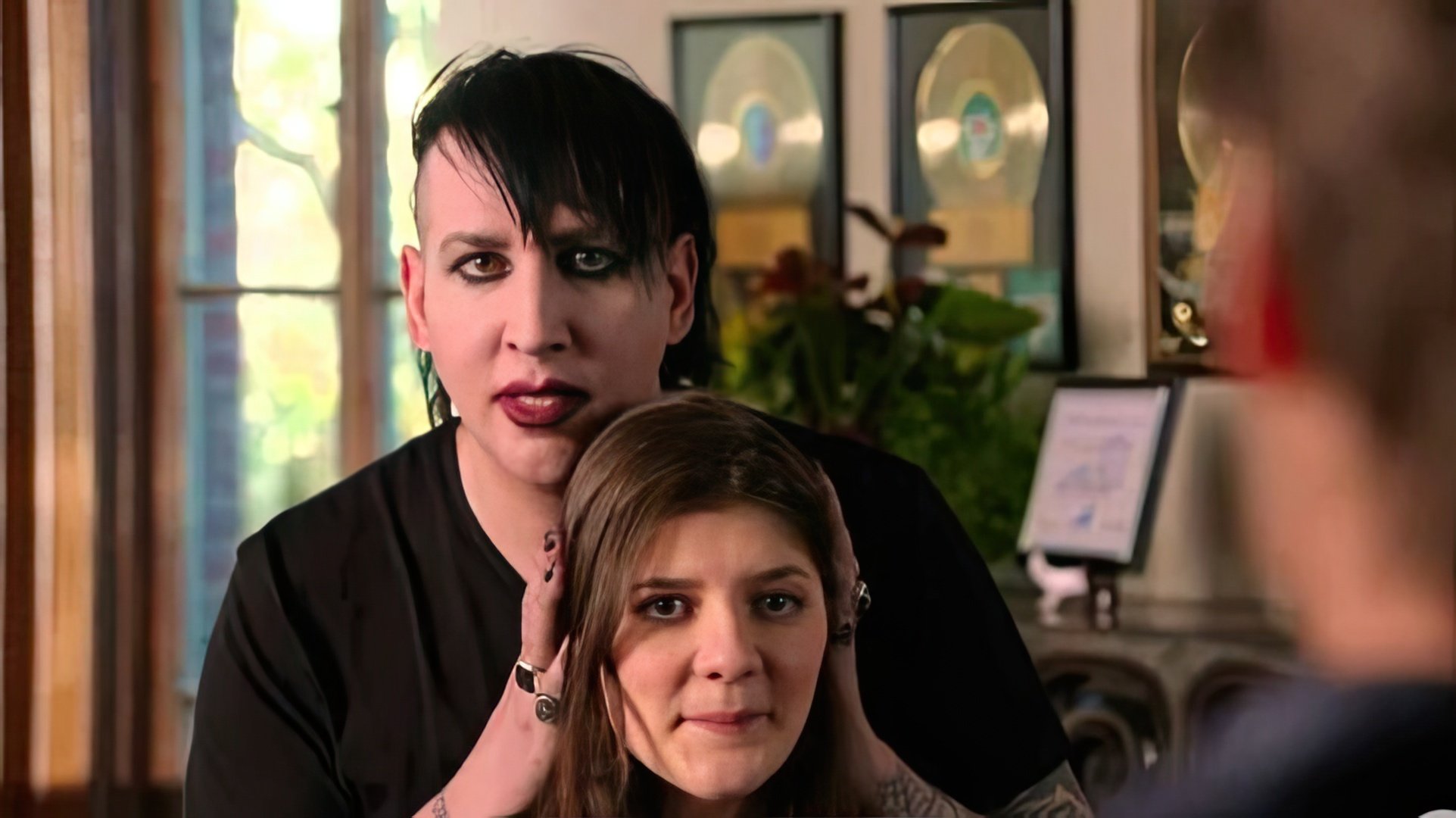
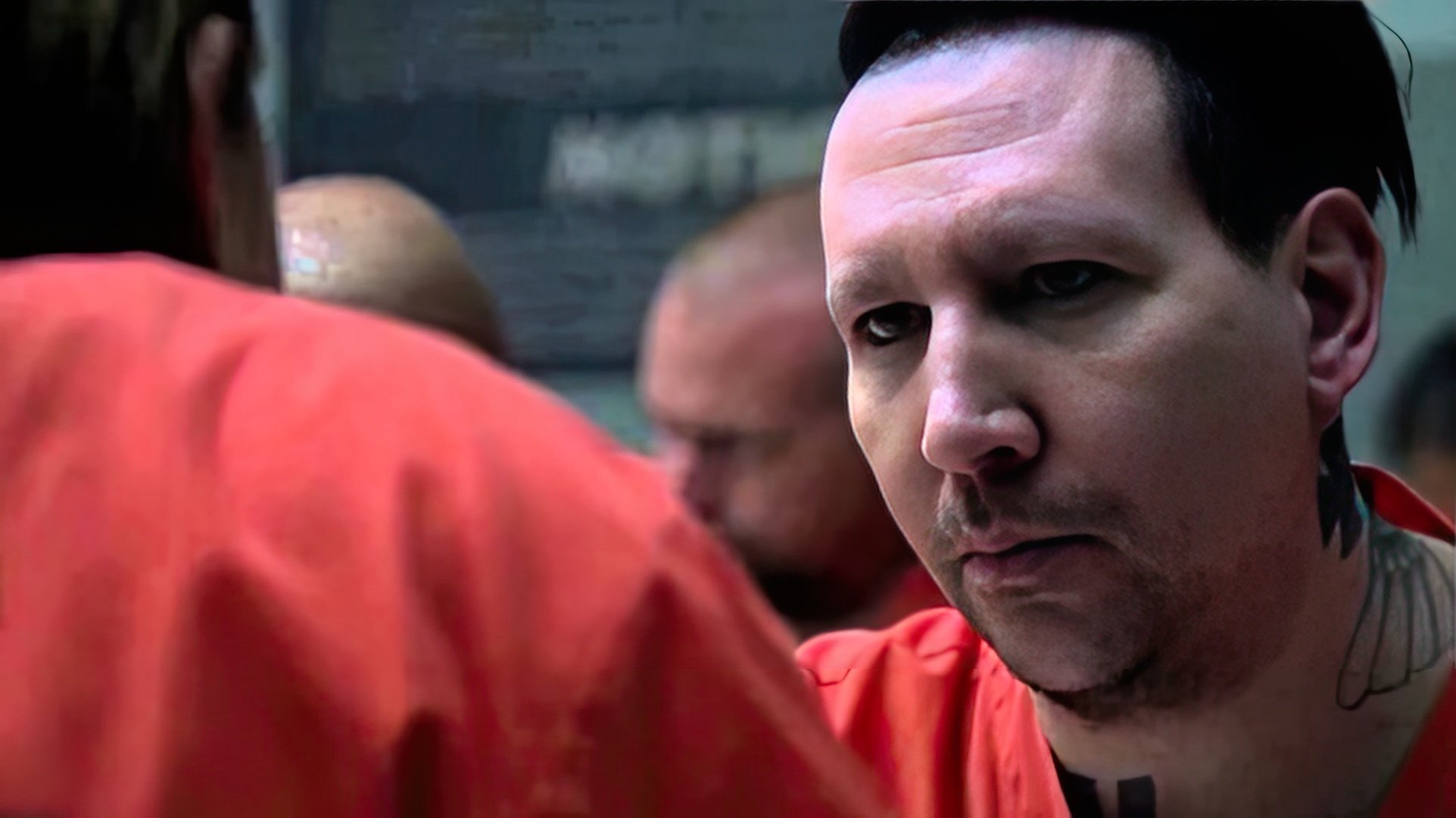
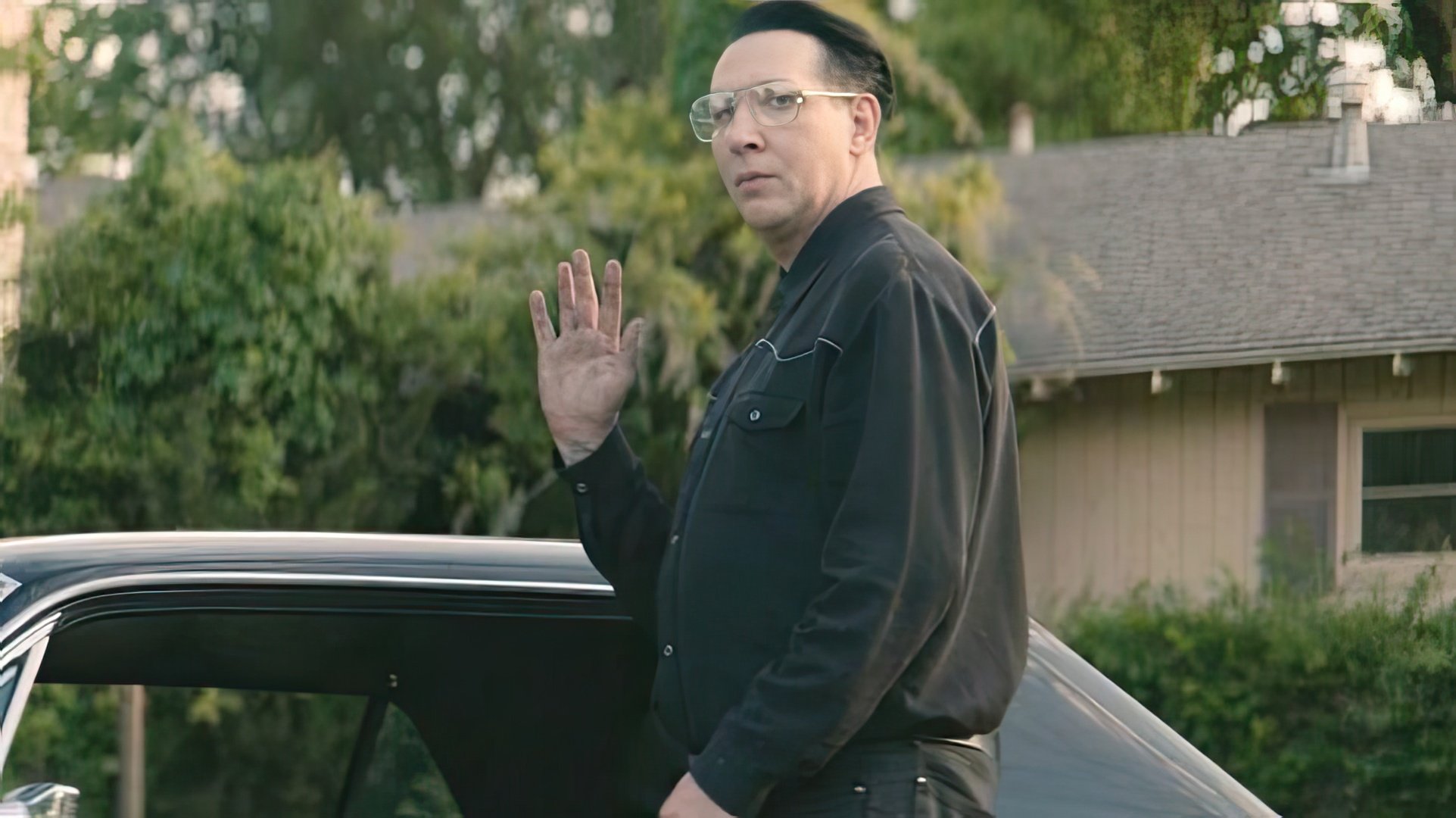
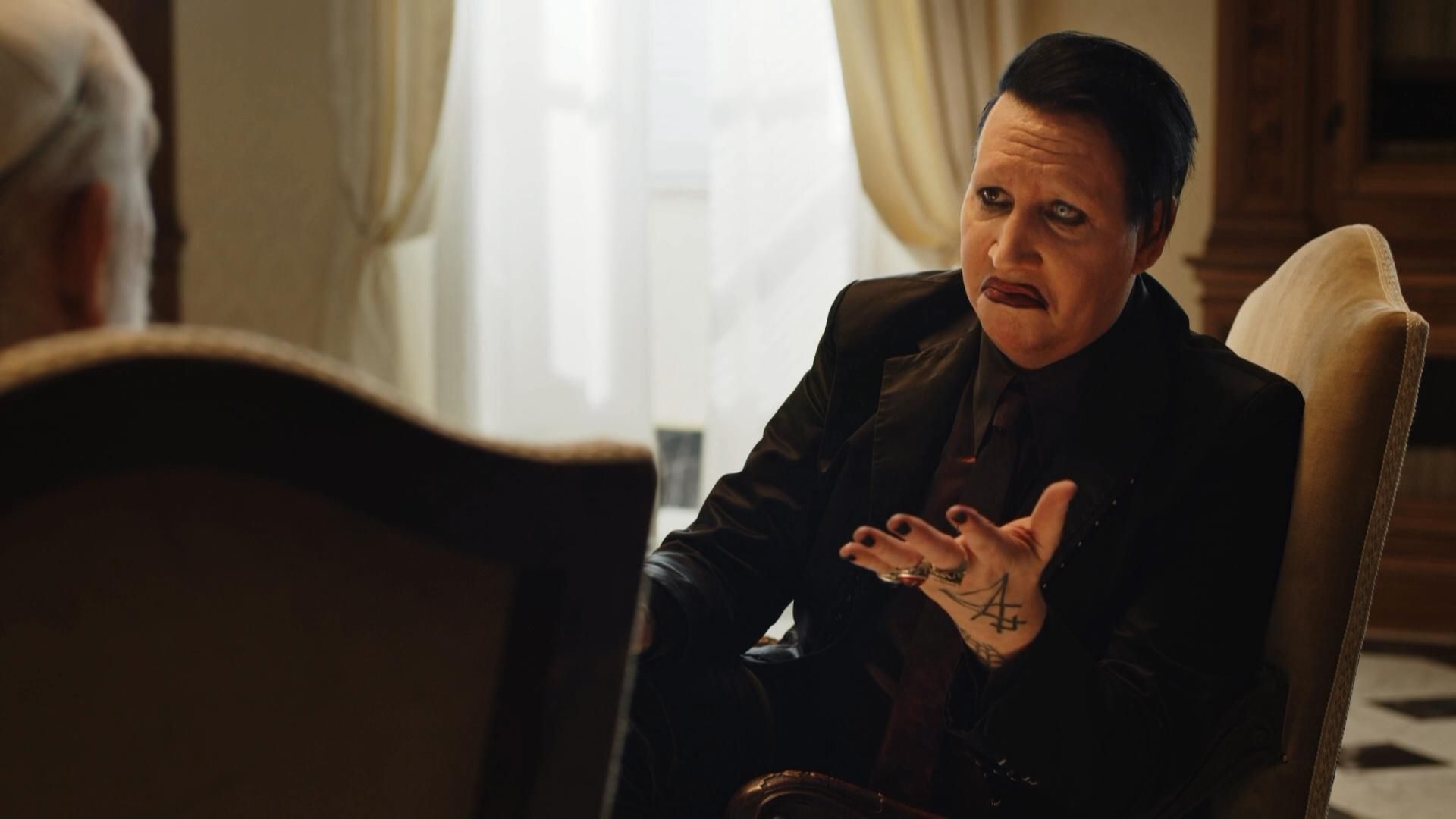
Art
This gifted musician excels at everything he touches. His creativity is genuinely captivating. Since the band's inception, he's designed nearly all their flyers and demo tape covers, and in 1999, he started painting watercolors. Over 150 of his paintings have been exhibited publicly.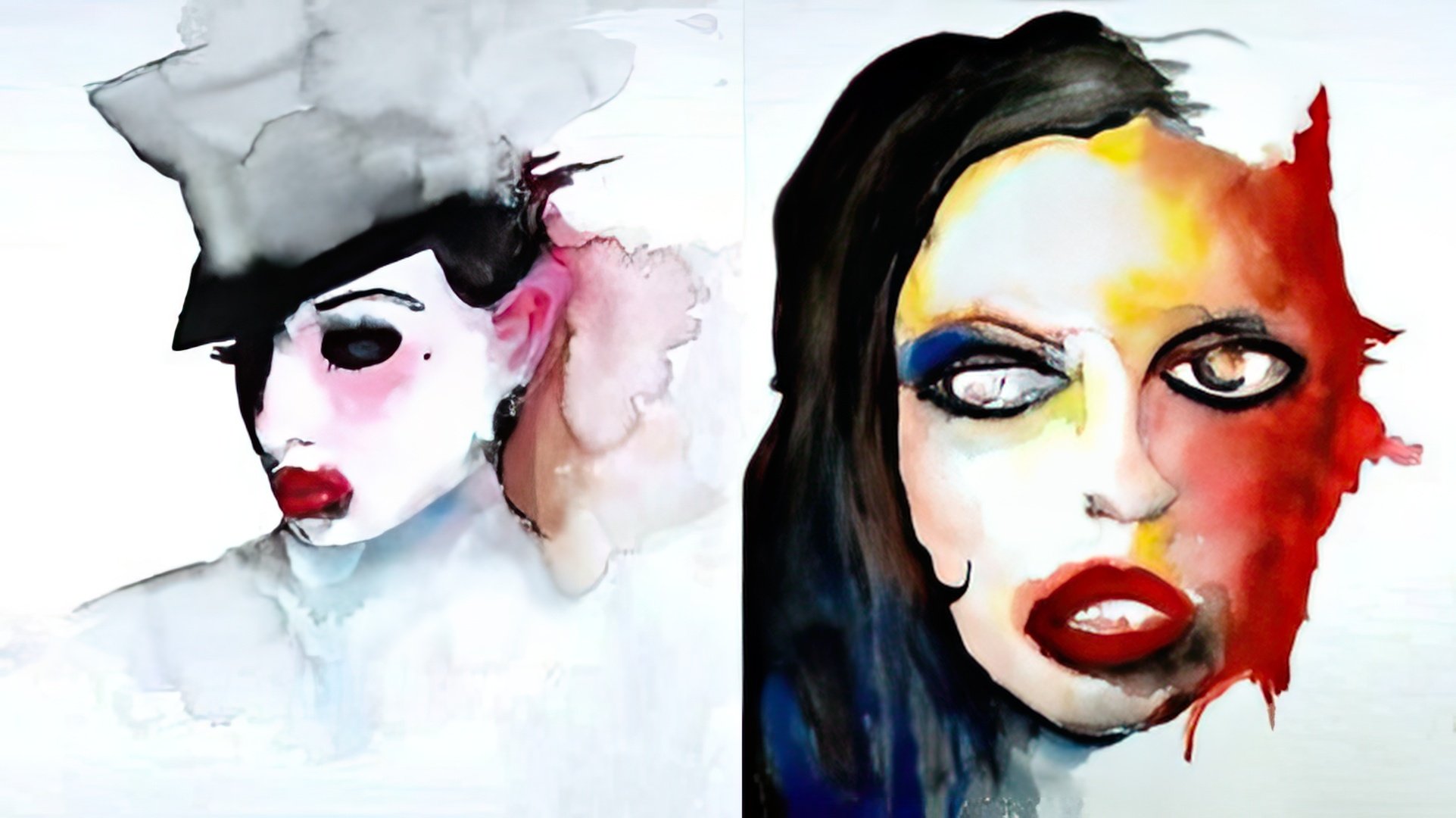
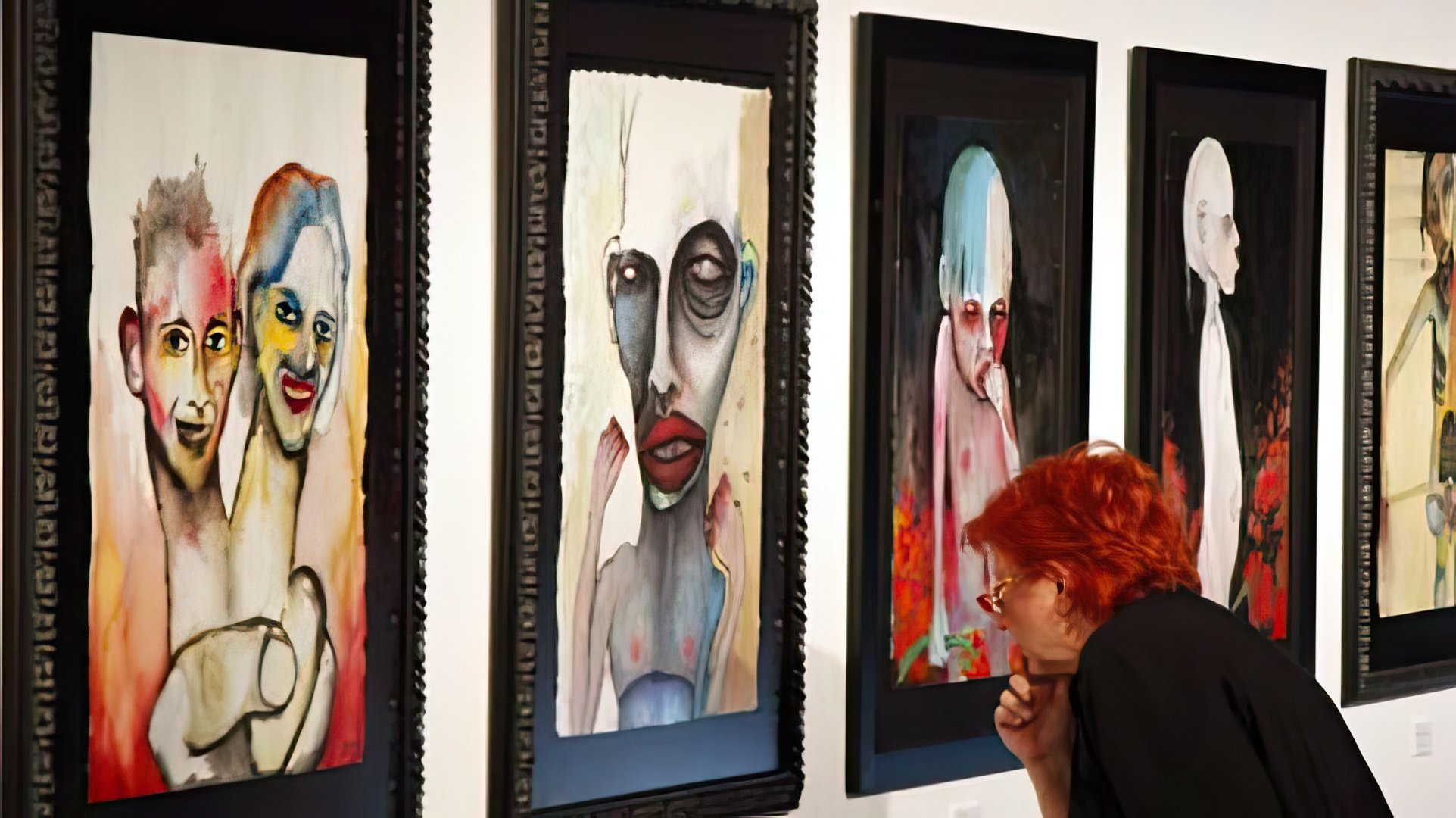
His works were also exhibited in Miami, Moscow, and Athens. The prices of his paintings such as "Anaclitism," "Sisyphus," "Fibonacci," "Superman," and others ranged from $1,500 to $50,000.
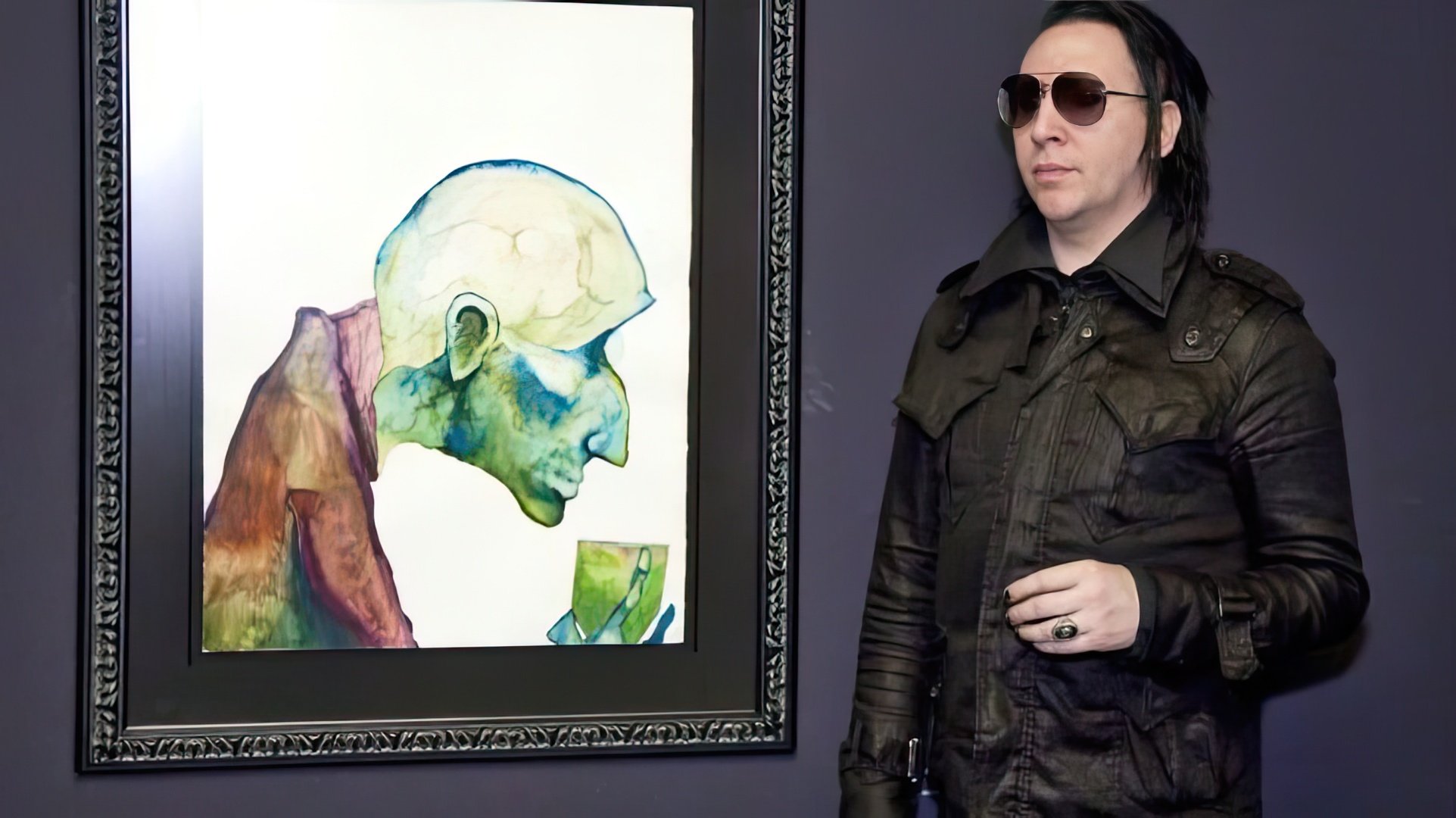
Marilyn Manson's Personal Life
Behind his shocking stage persona, the rock icon's love life has been filled with high-profile romances and dramatic breakups. His first serious relationship was with Missi Romero, whom he met at a Beastie Boys concert in 1992 – they stayed together for five years.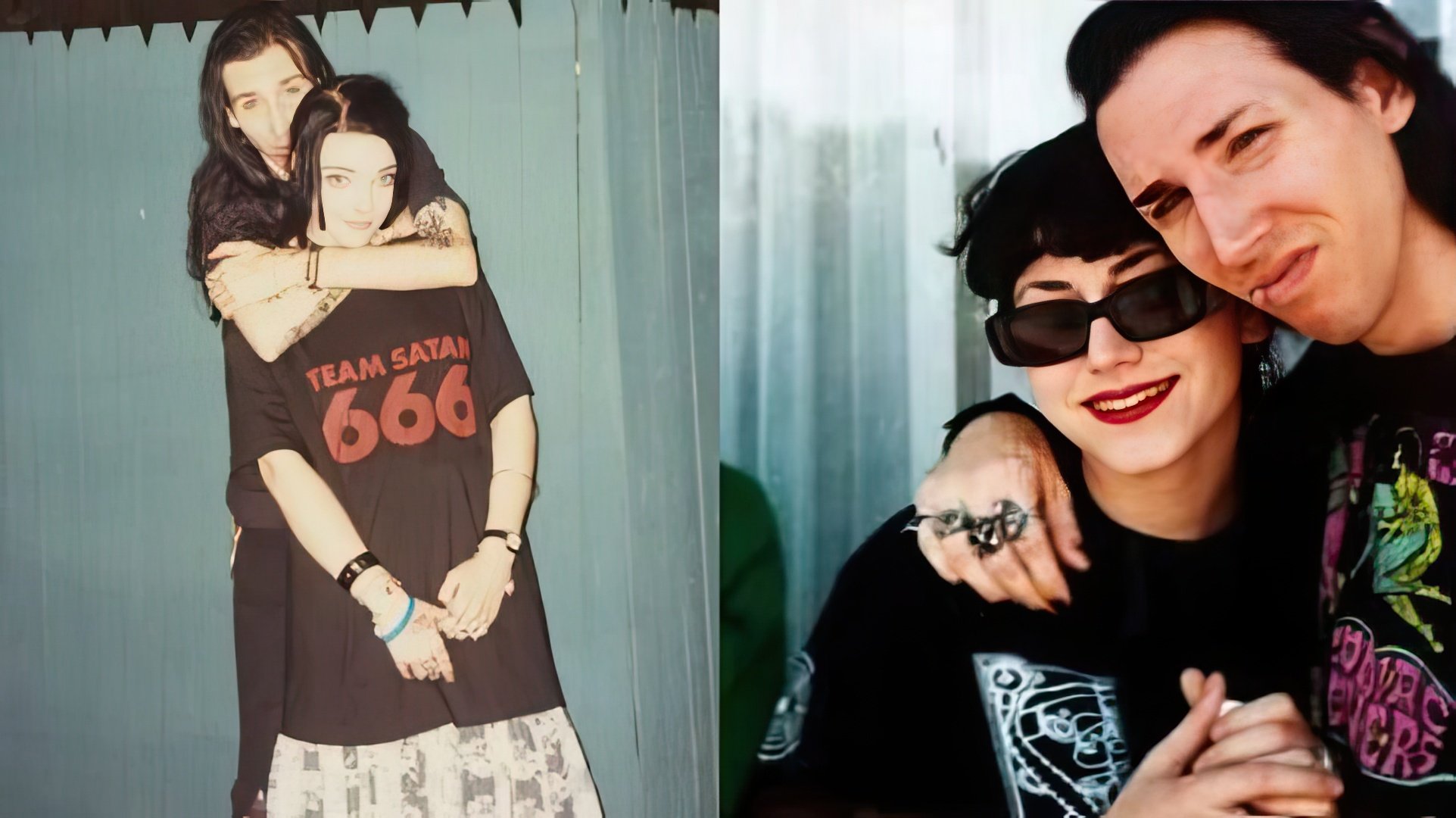
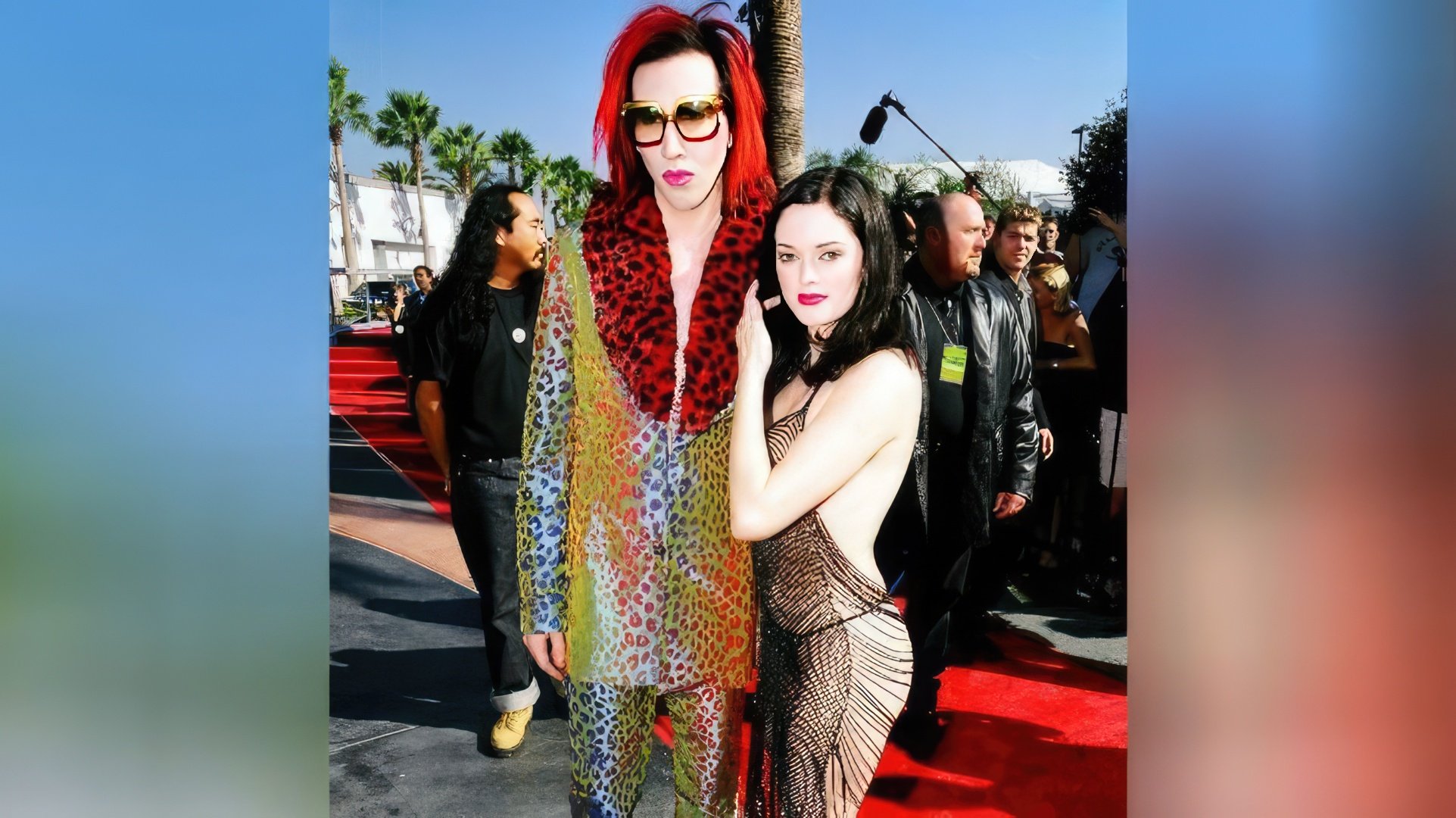
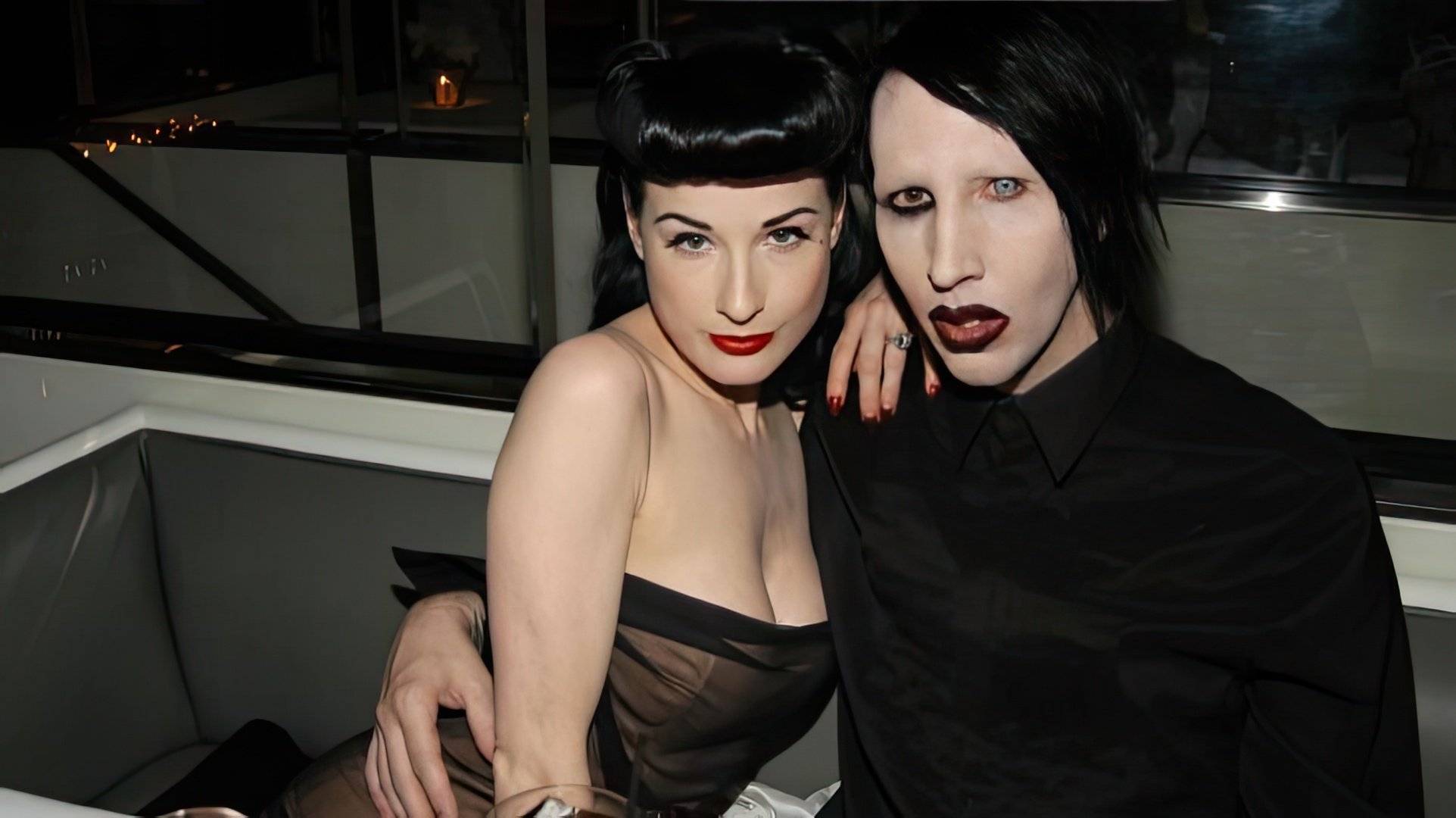
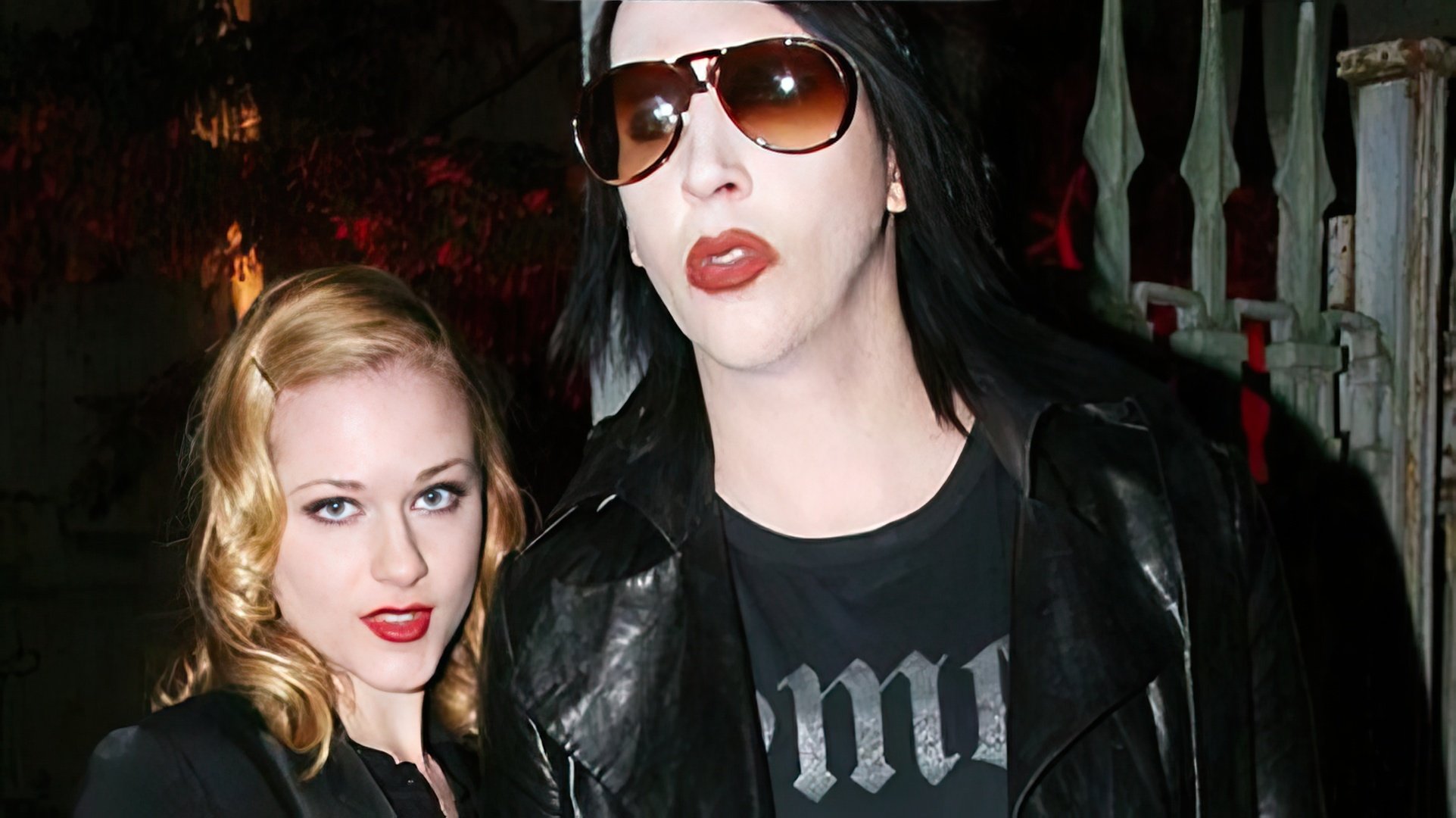
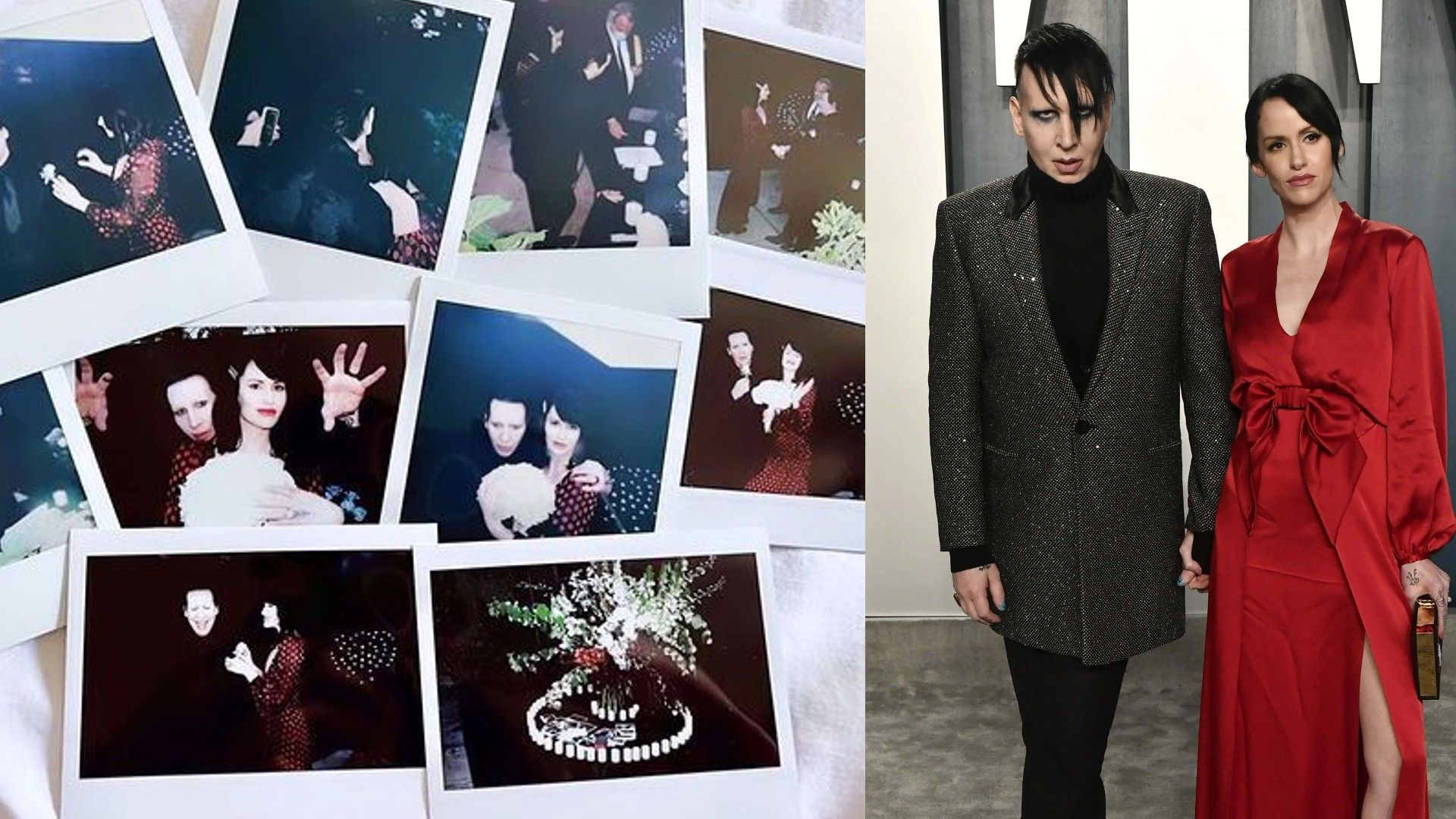
Sexual Scandal
In January 2021, Evan Rachel Wood accused Marilyn Manson of domestic violence. The actress claimed he "brainwashed" her when she was 16, beat her, tormented her, threatened her, and demanded her complete submission.After Wood came forward, 16 other women backed her up, saying they'd experienced a similar pattern in their relationships with Manson. Four of the musician's victims filed lawsuits.
Meanwhile, Dita Von Teese and Rose McGowan, who both had serious relationships with Manson, said they never experienced anything like this.
After these allegations surfaced, his label Loma Vista Recordings, which was working on his new album, dropped him, and the creators of the TV show "American Gods" promised to cut Manson from the footage. The musician himself denied all accusations. He called Evan Rachel Wood's claims a "horrible distortion of reality," insisting he'd always built relationships on trust.
